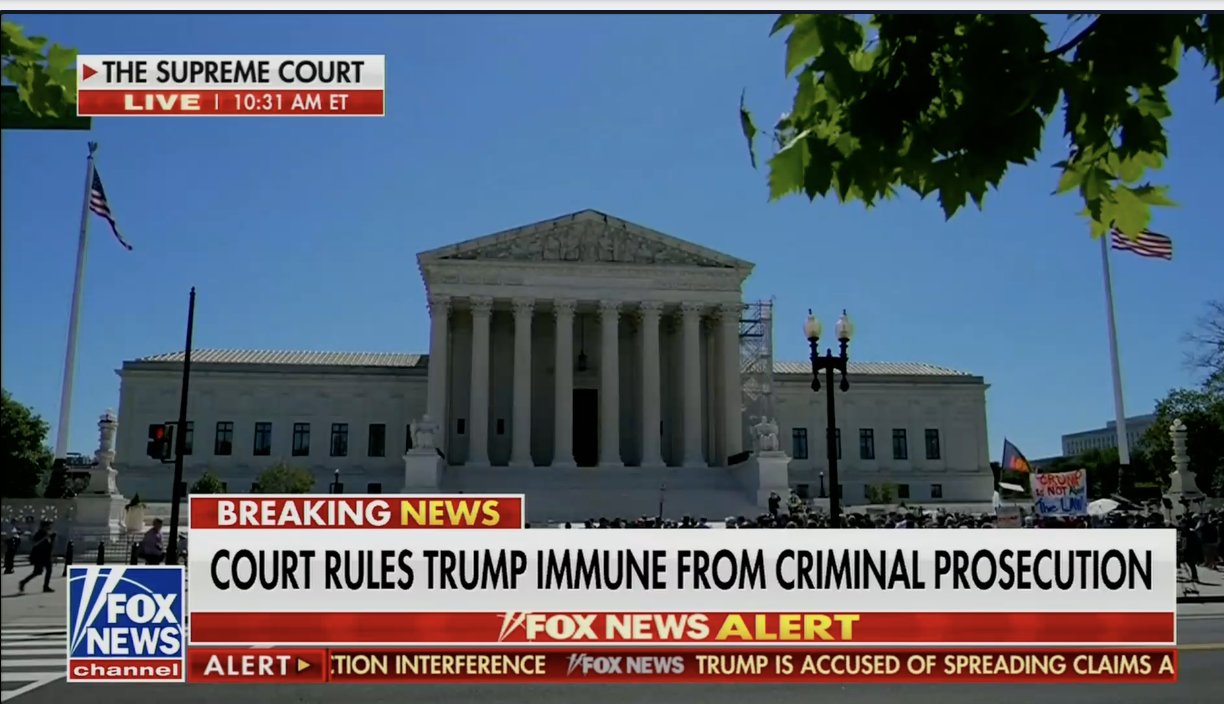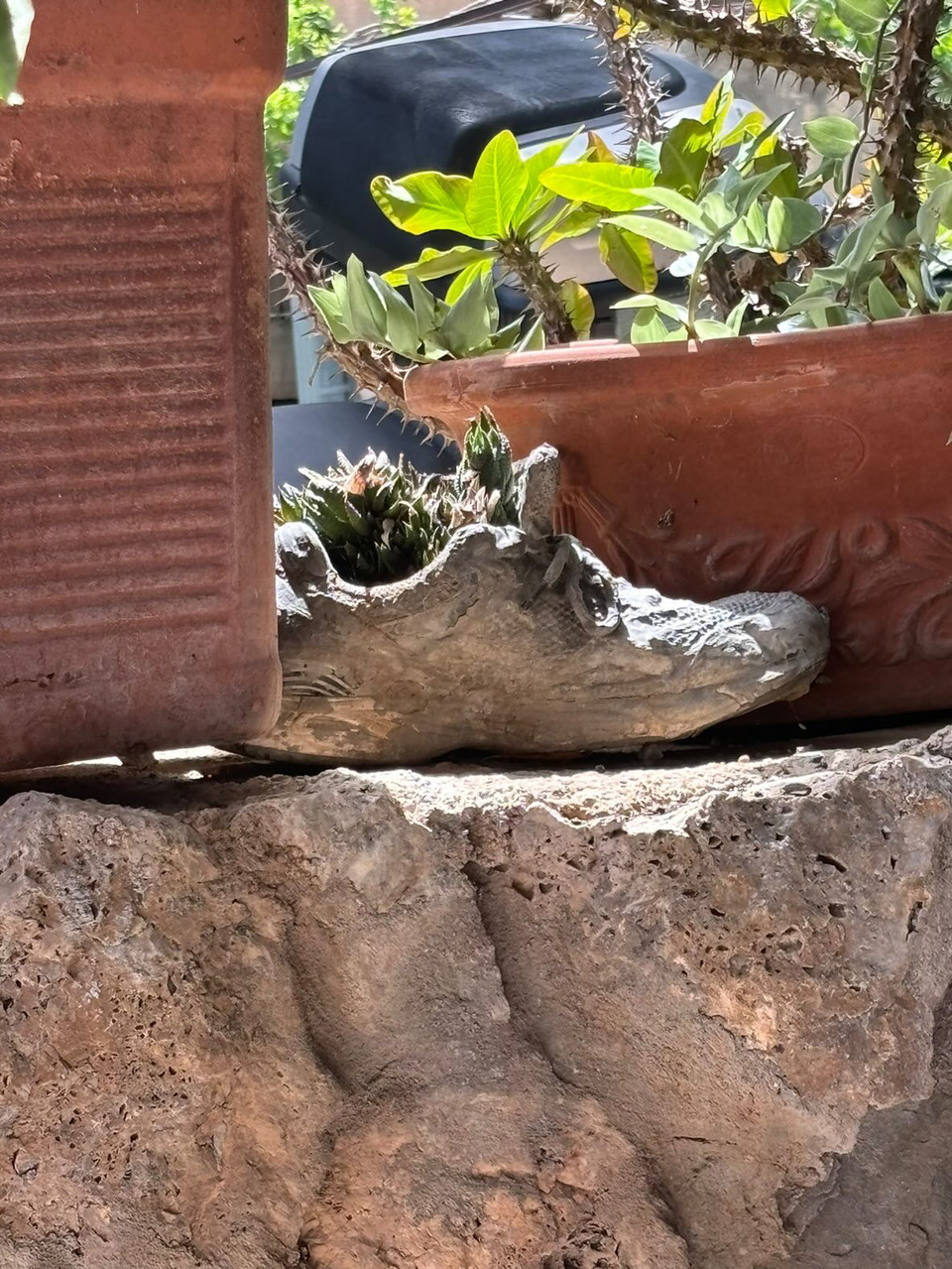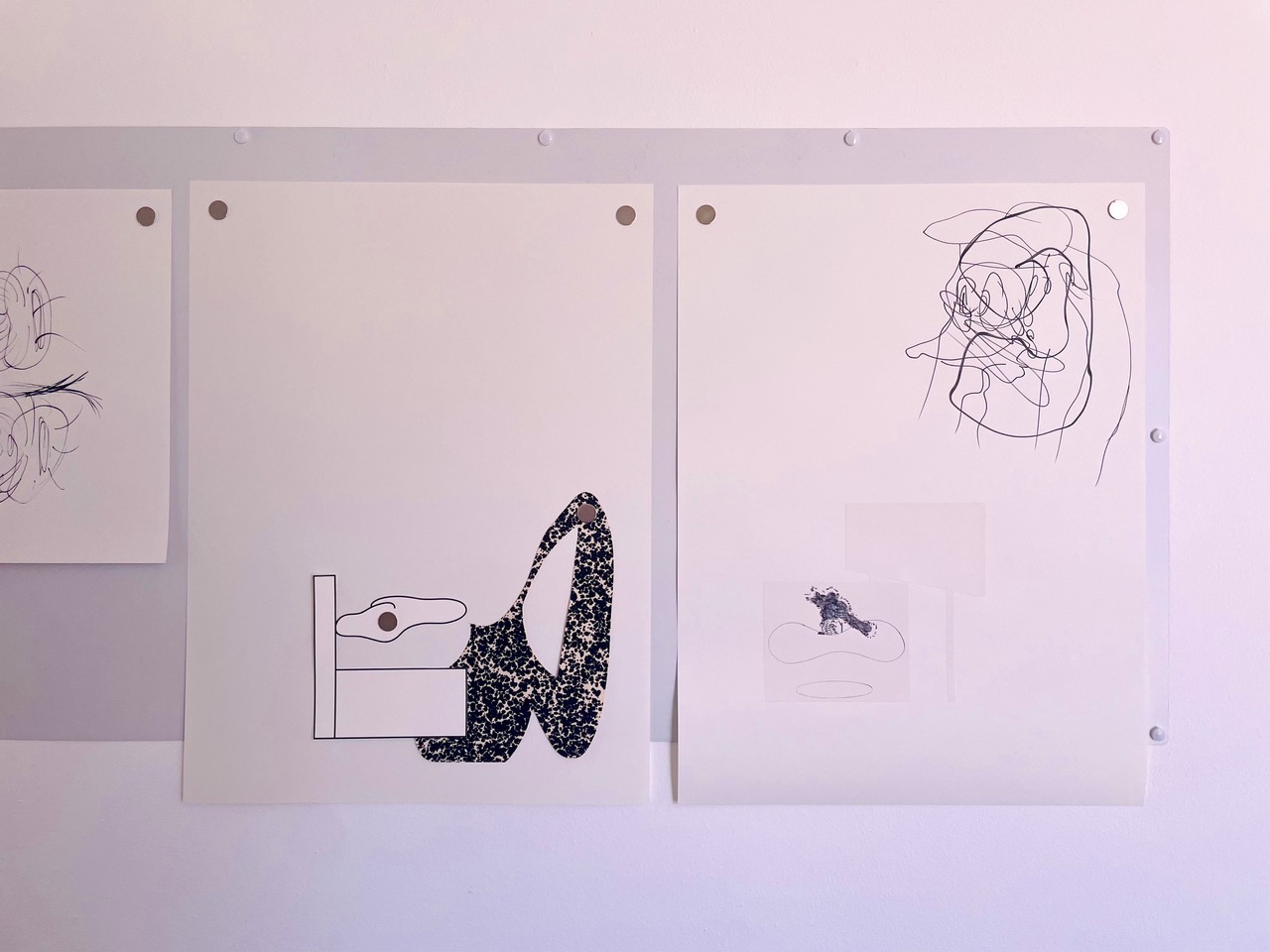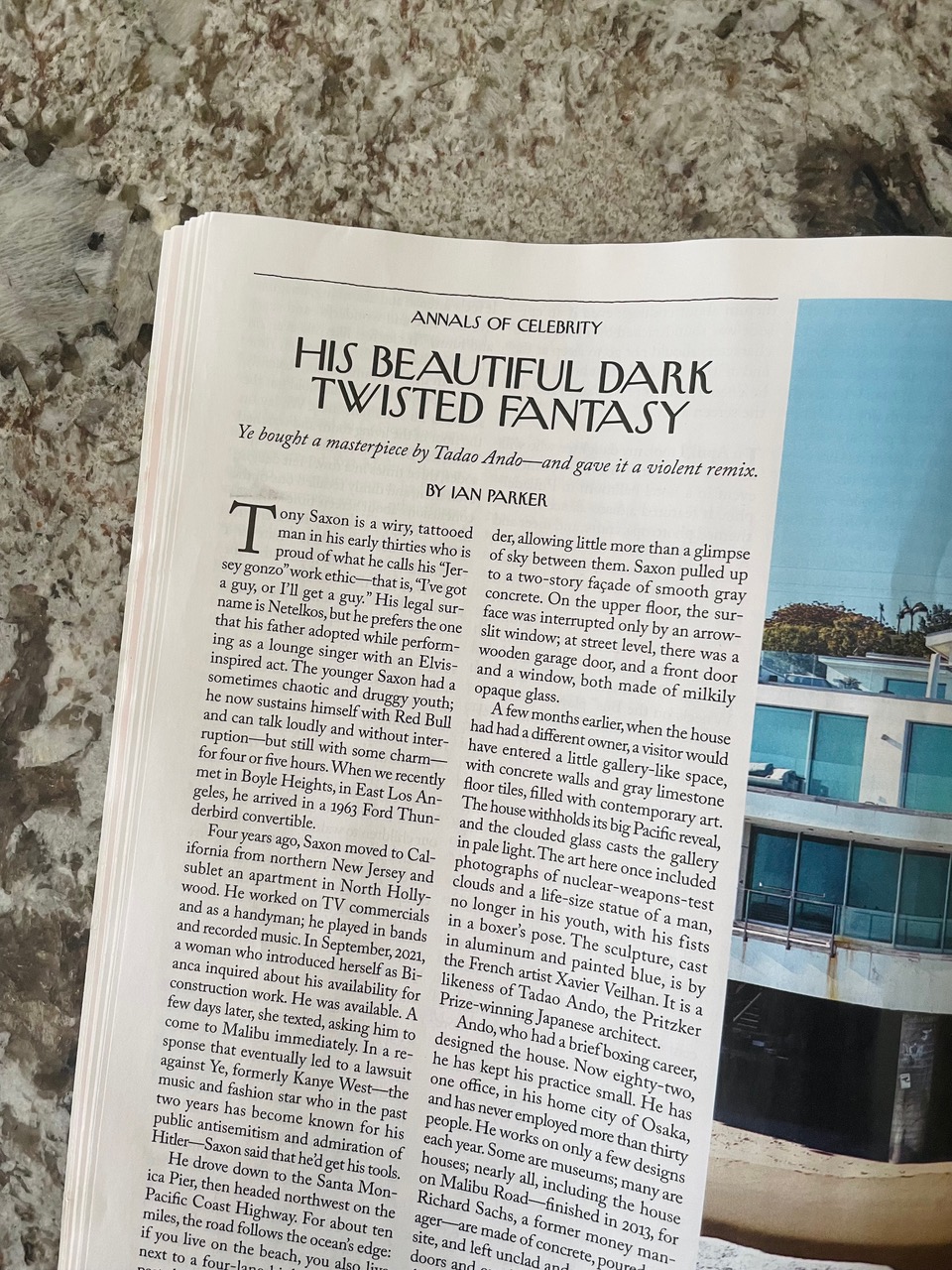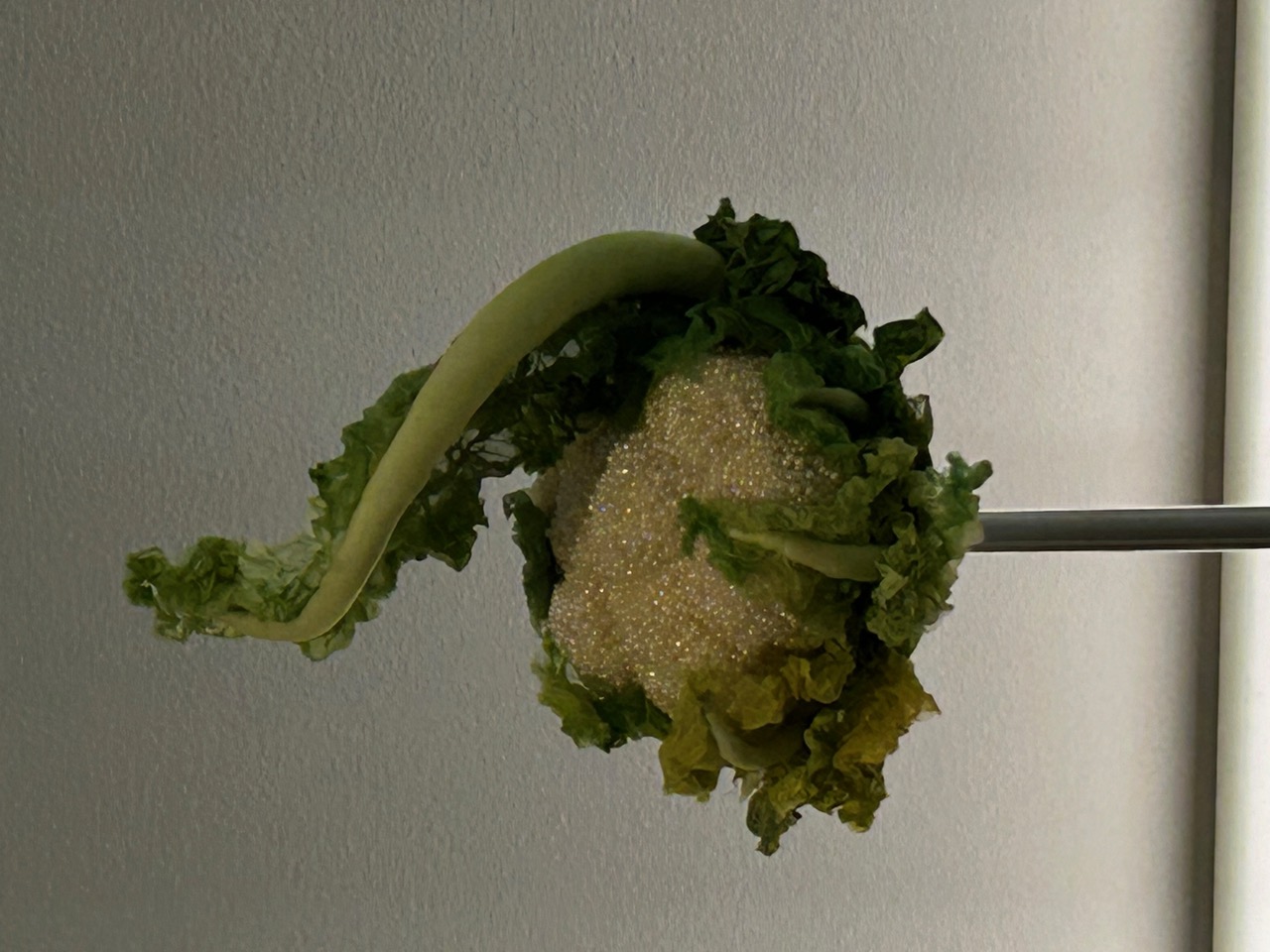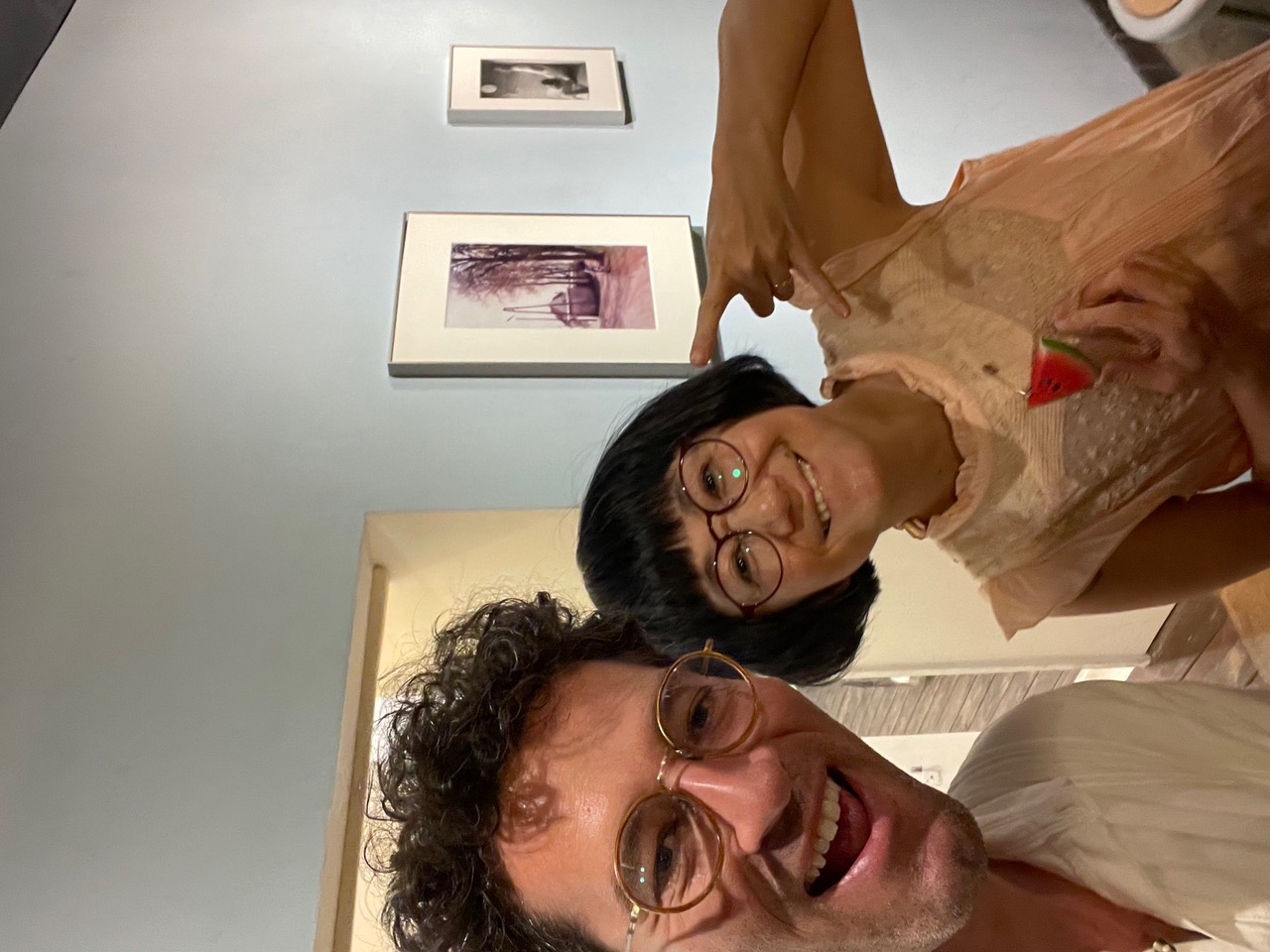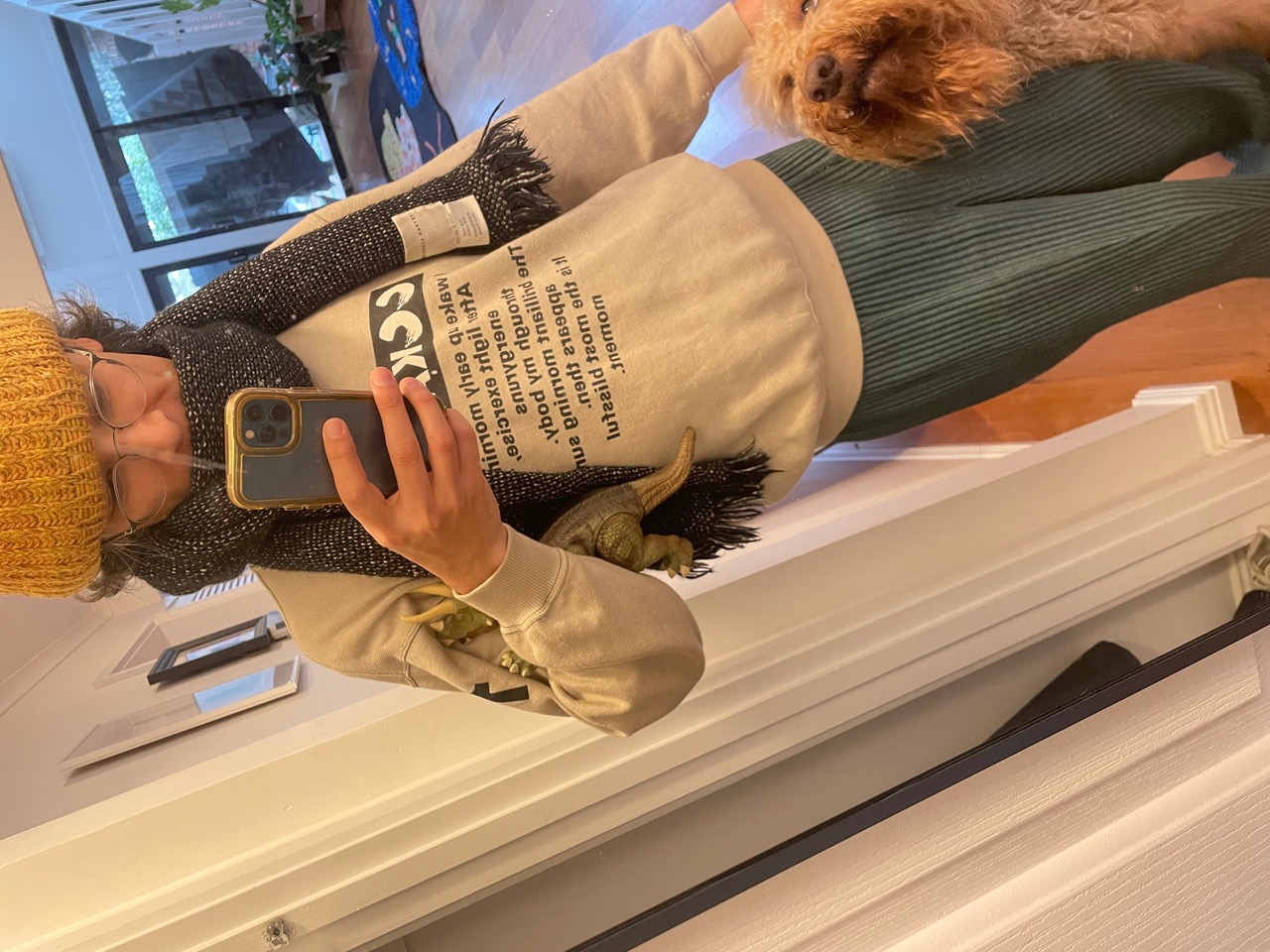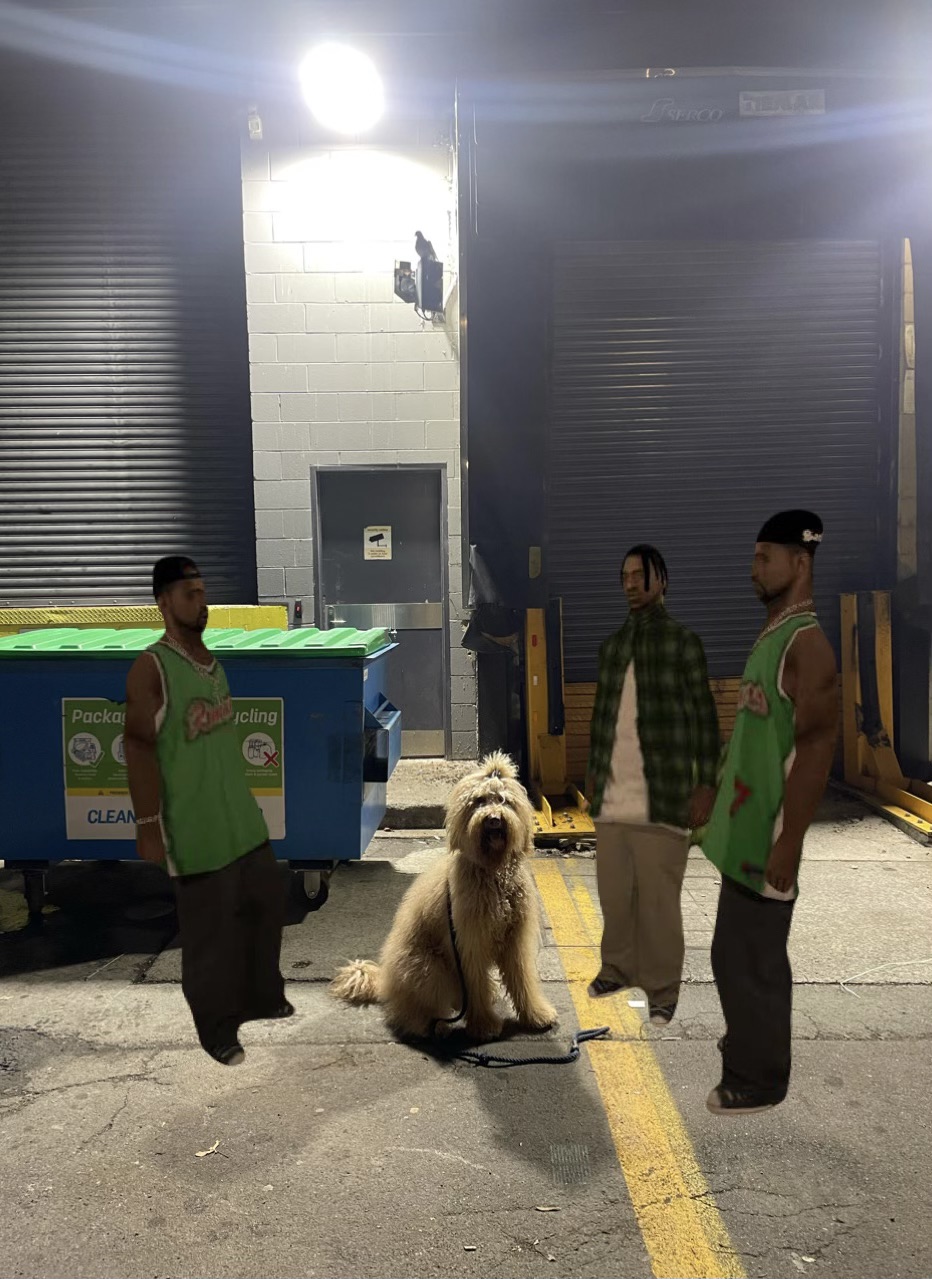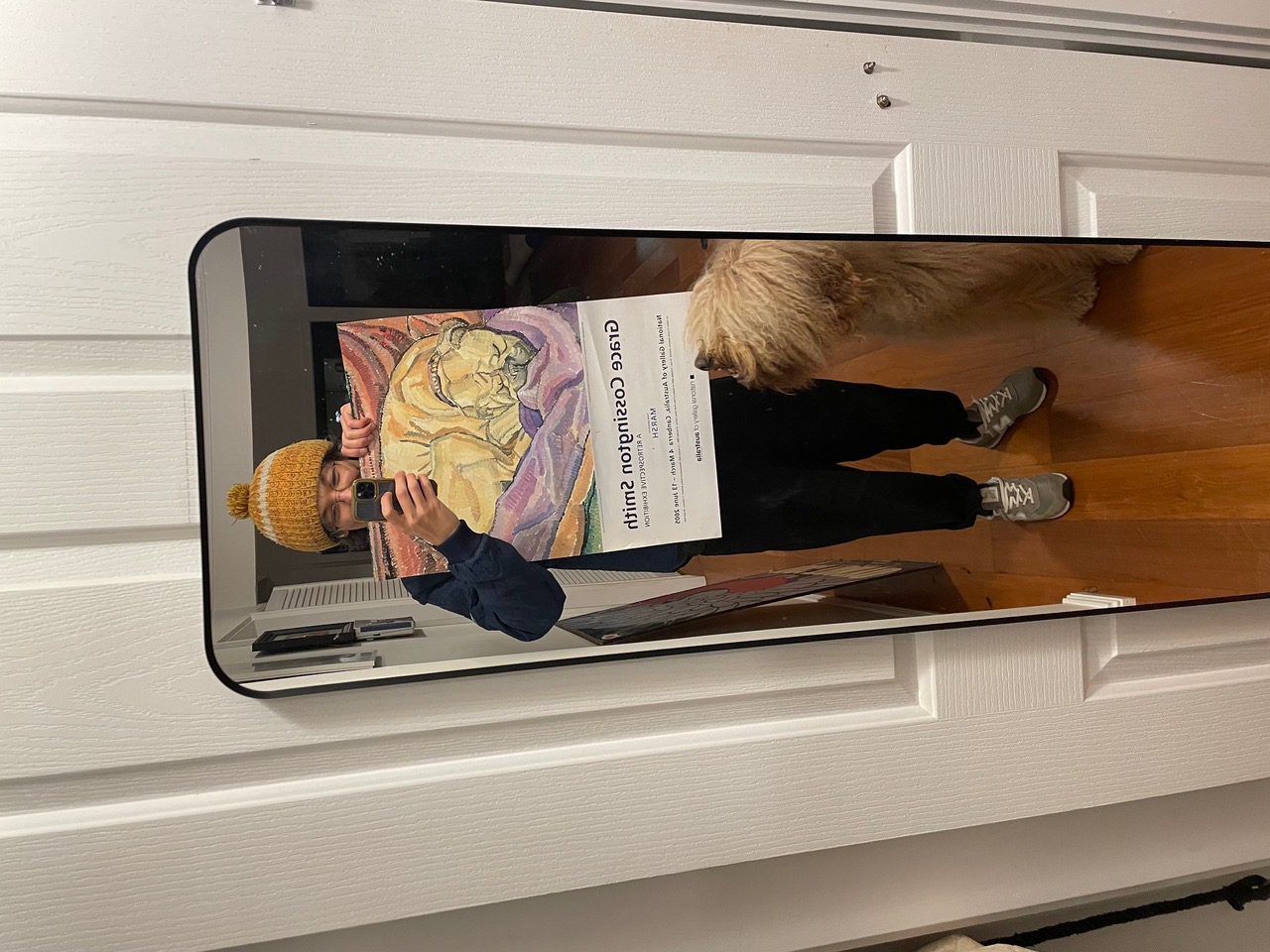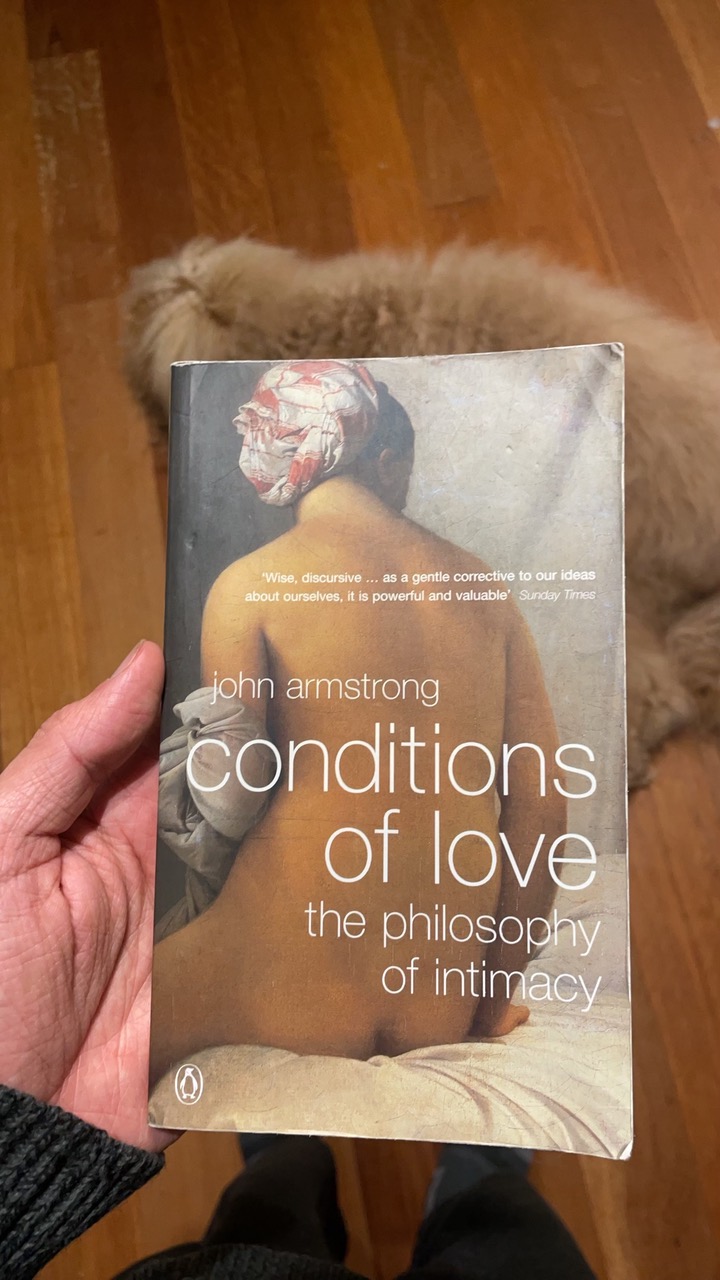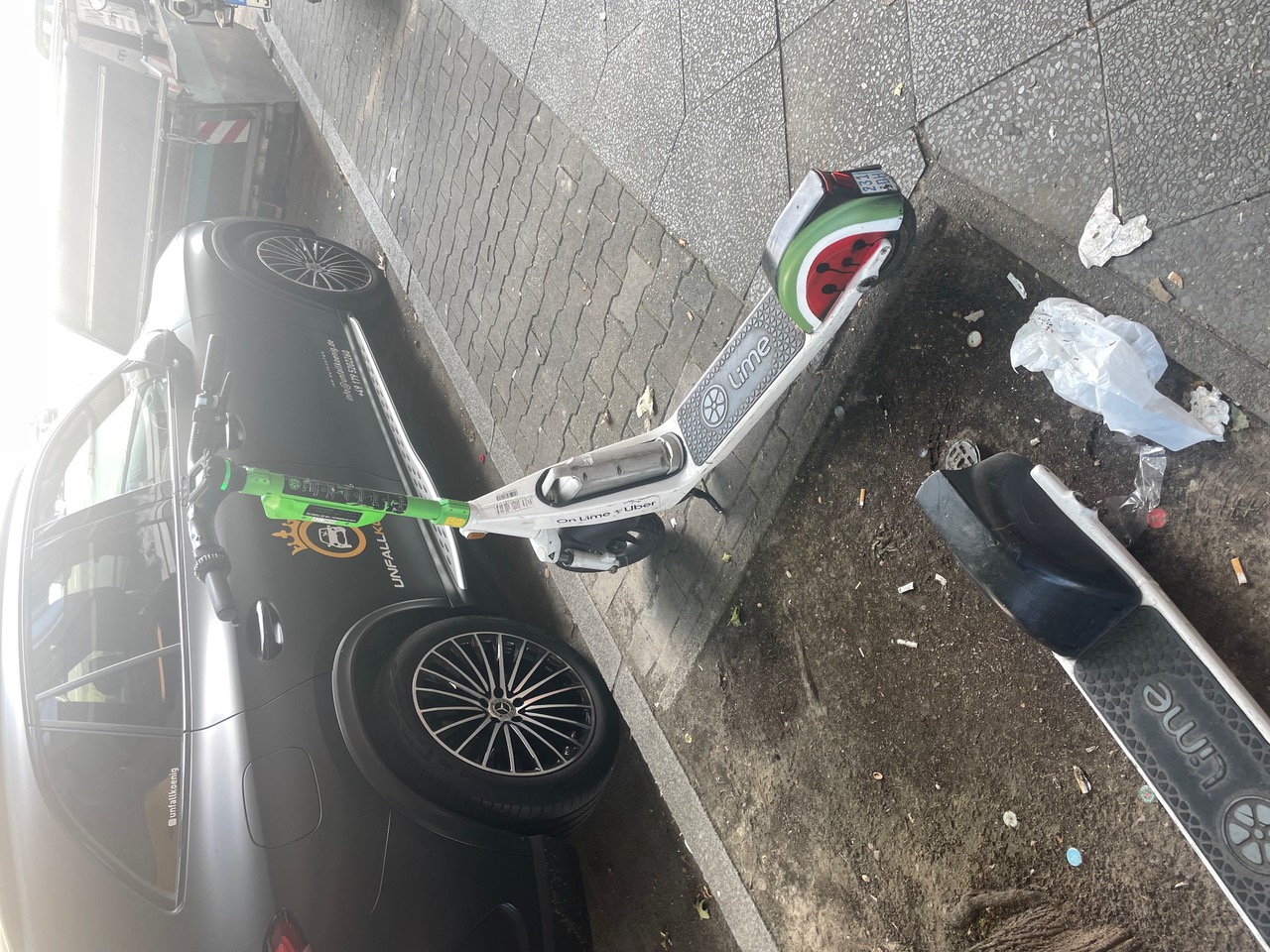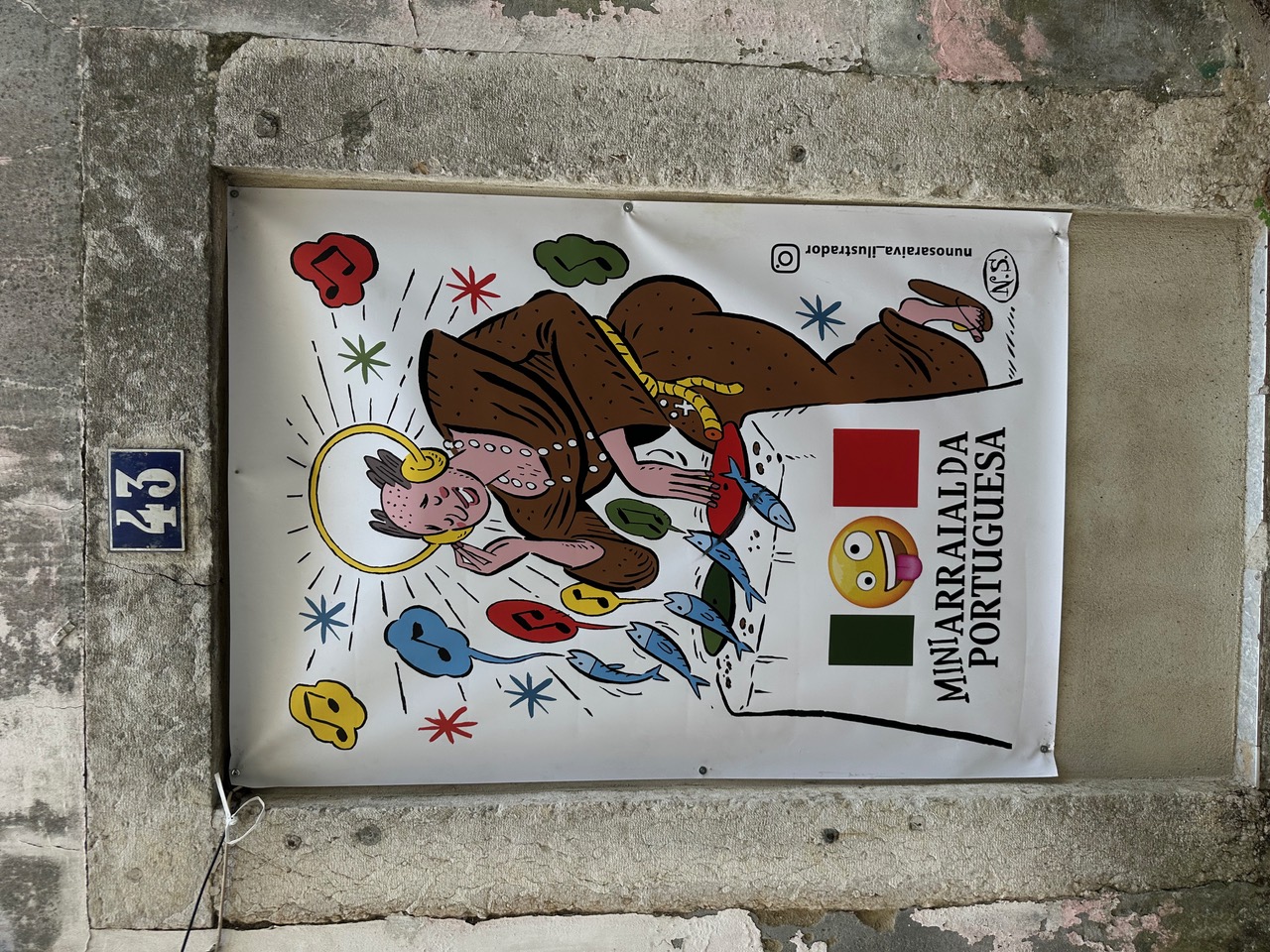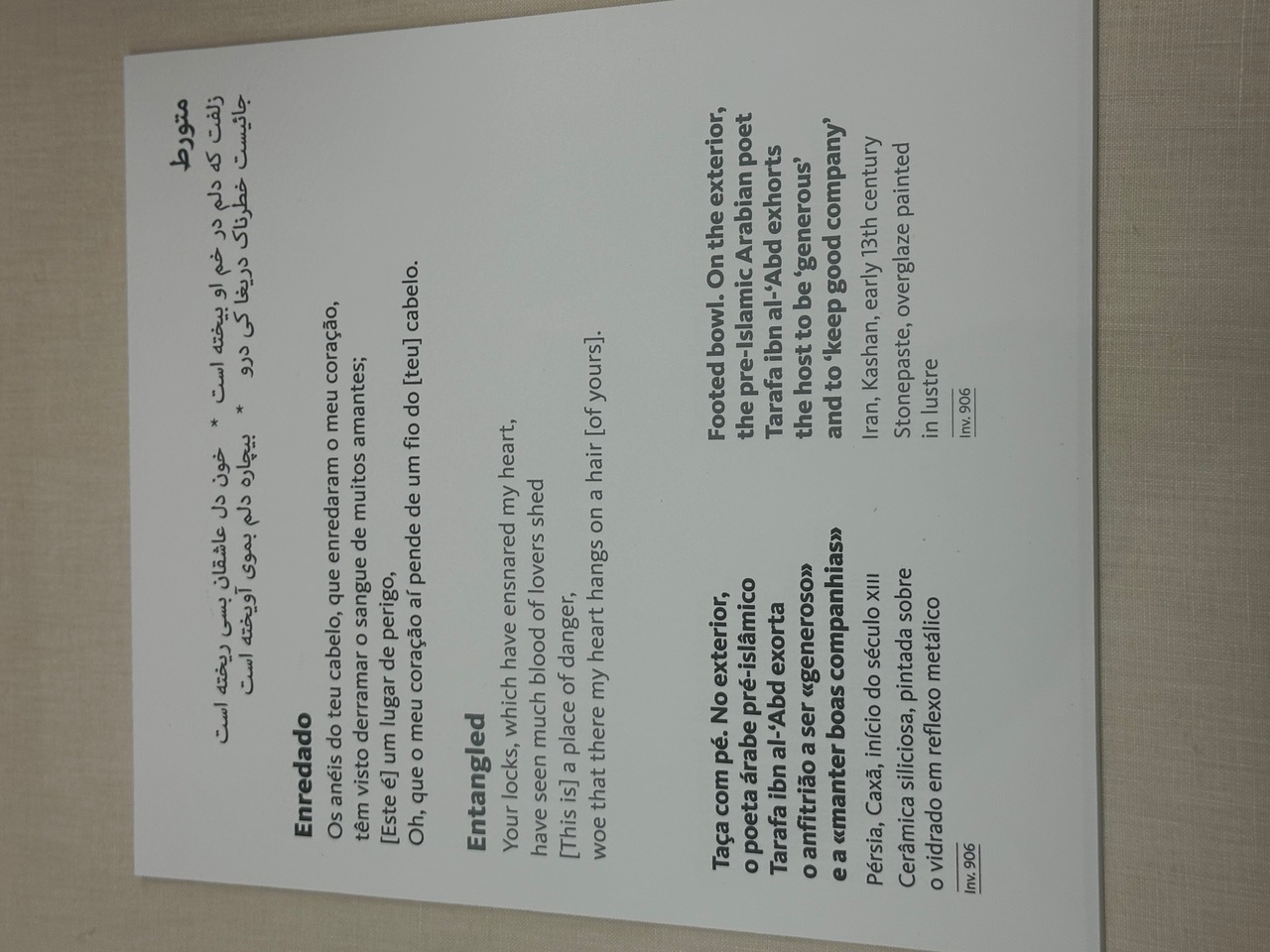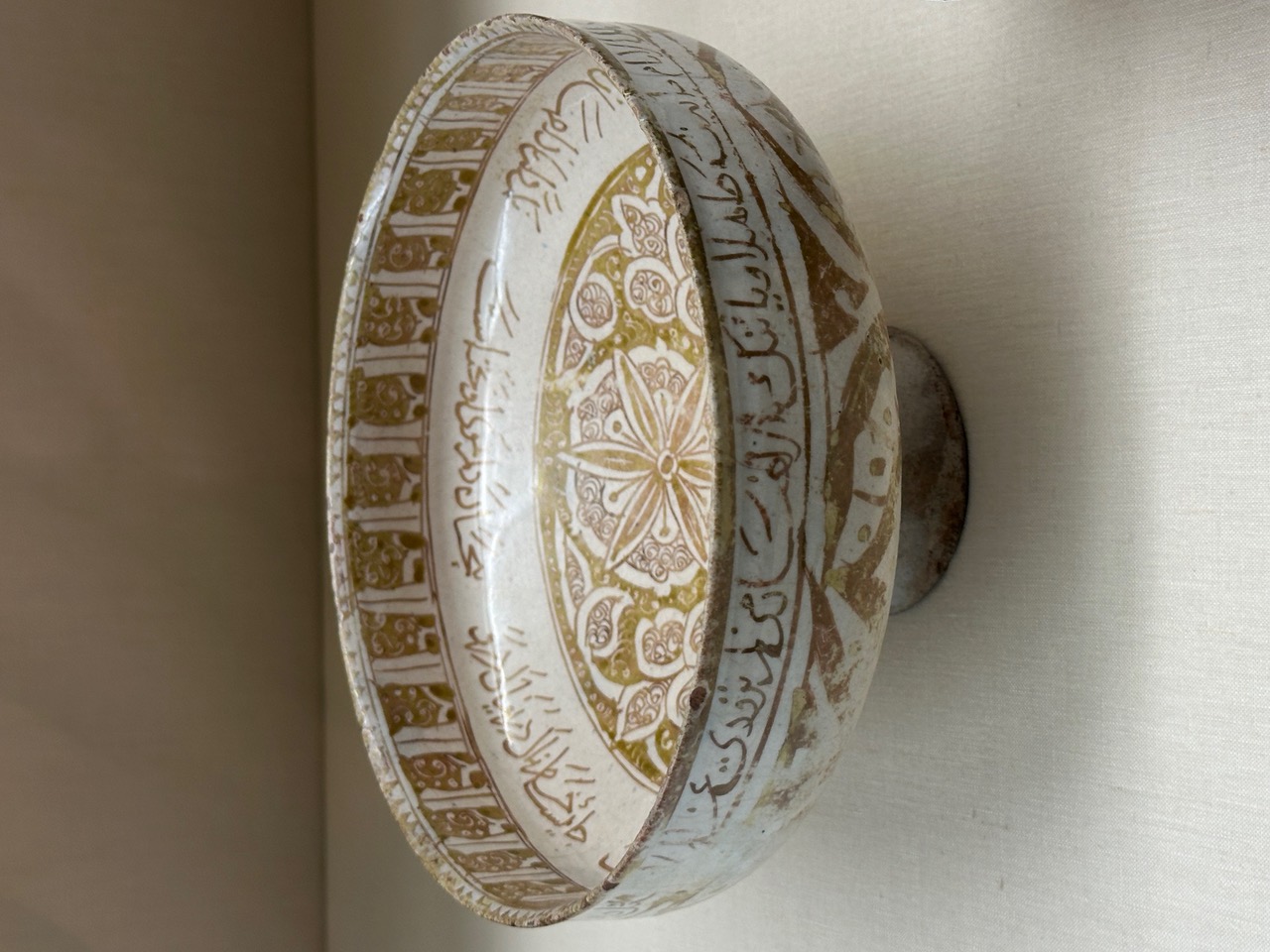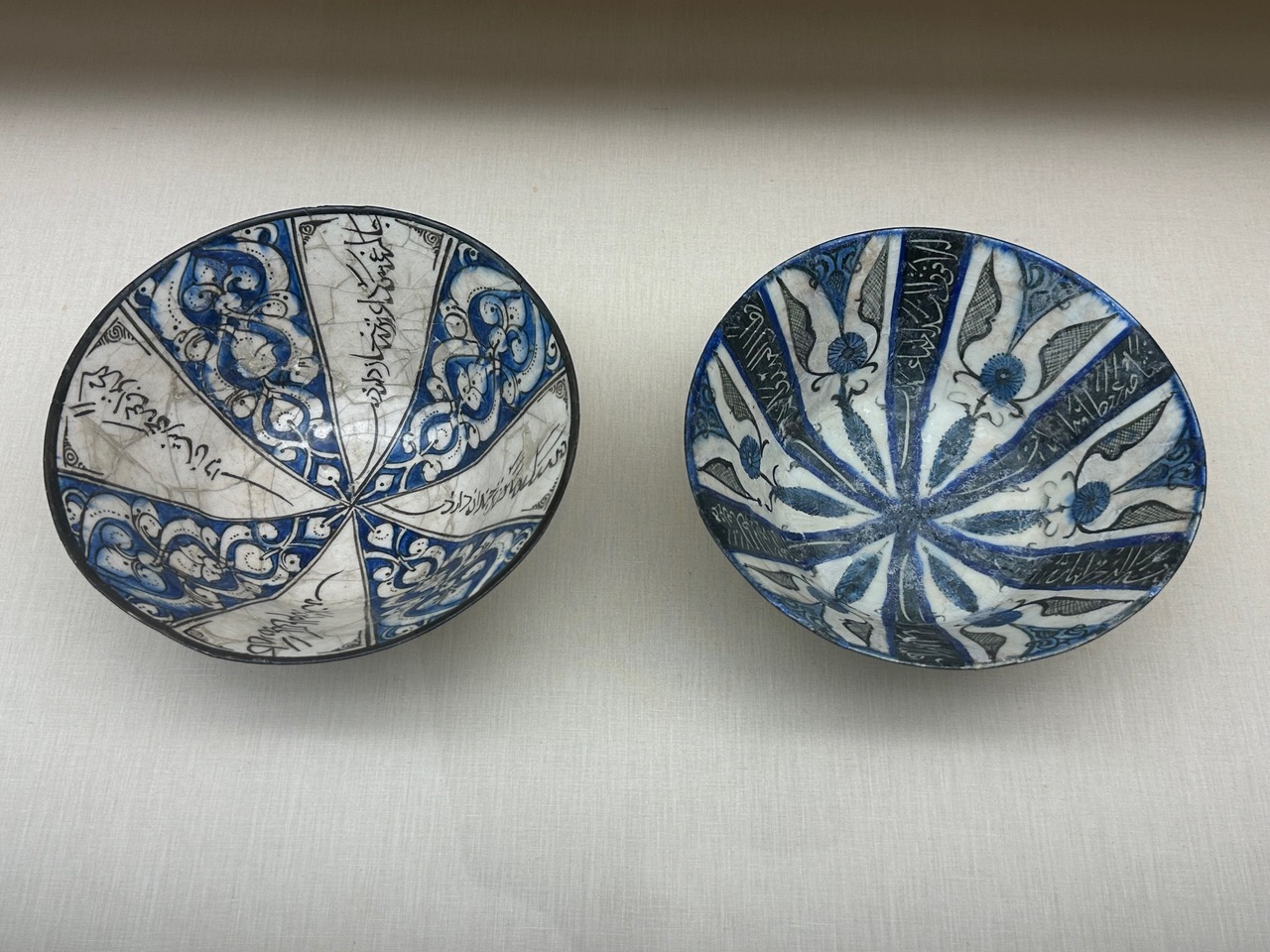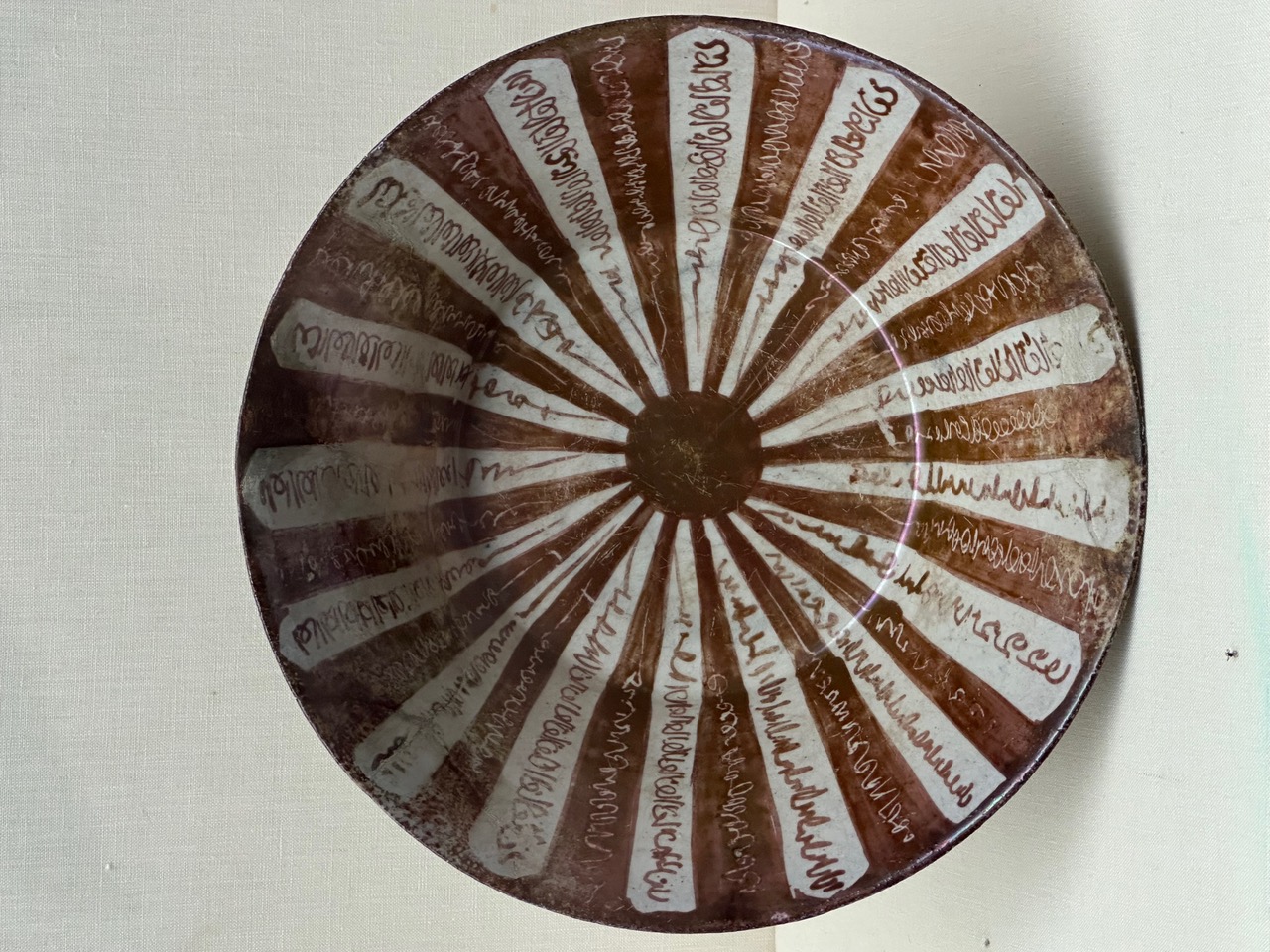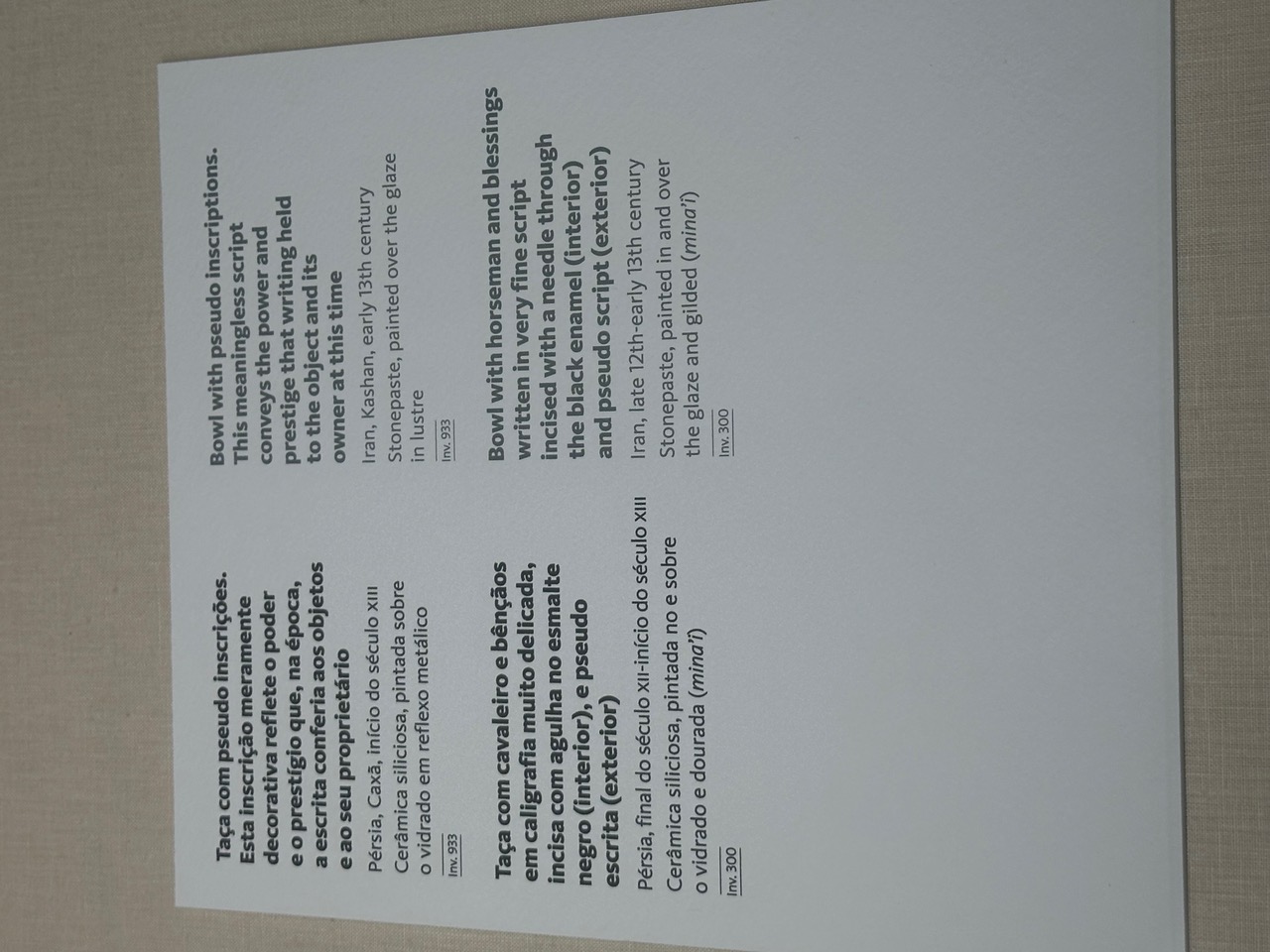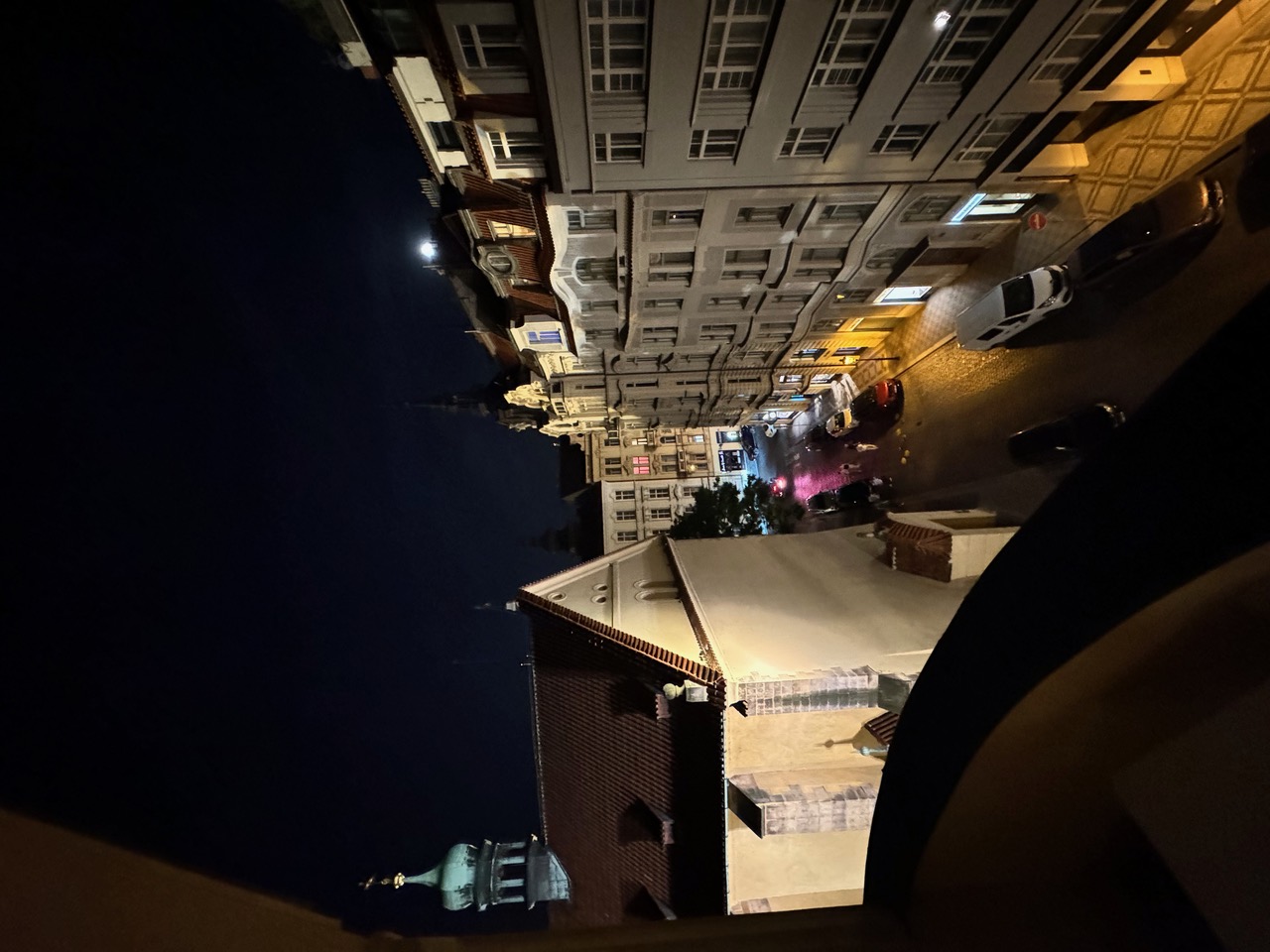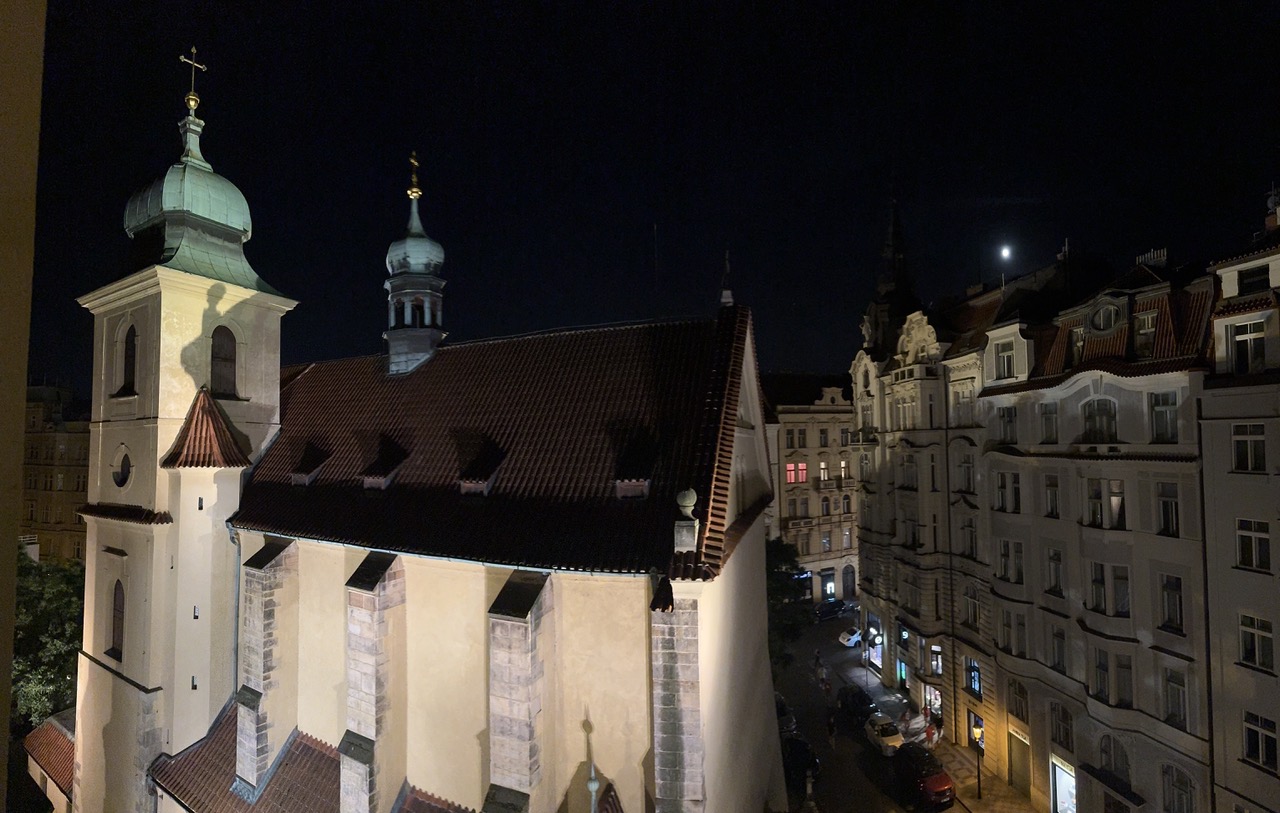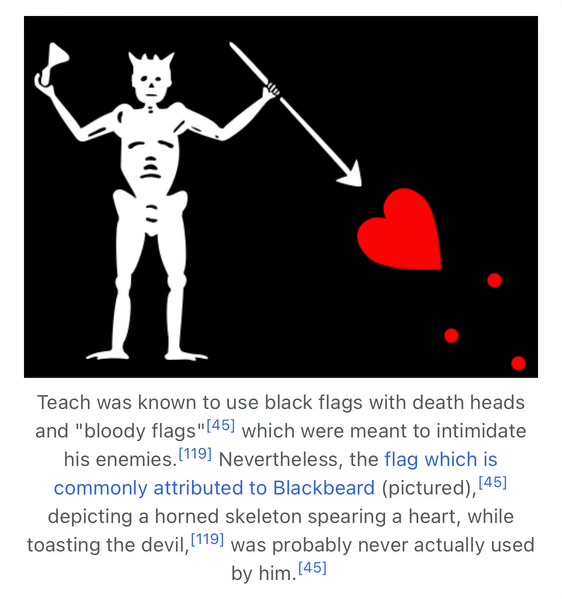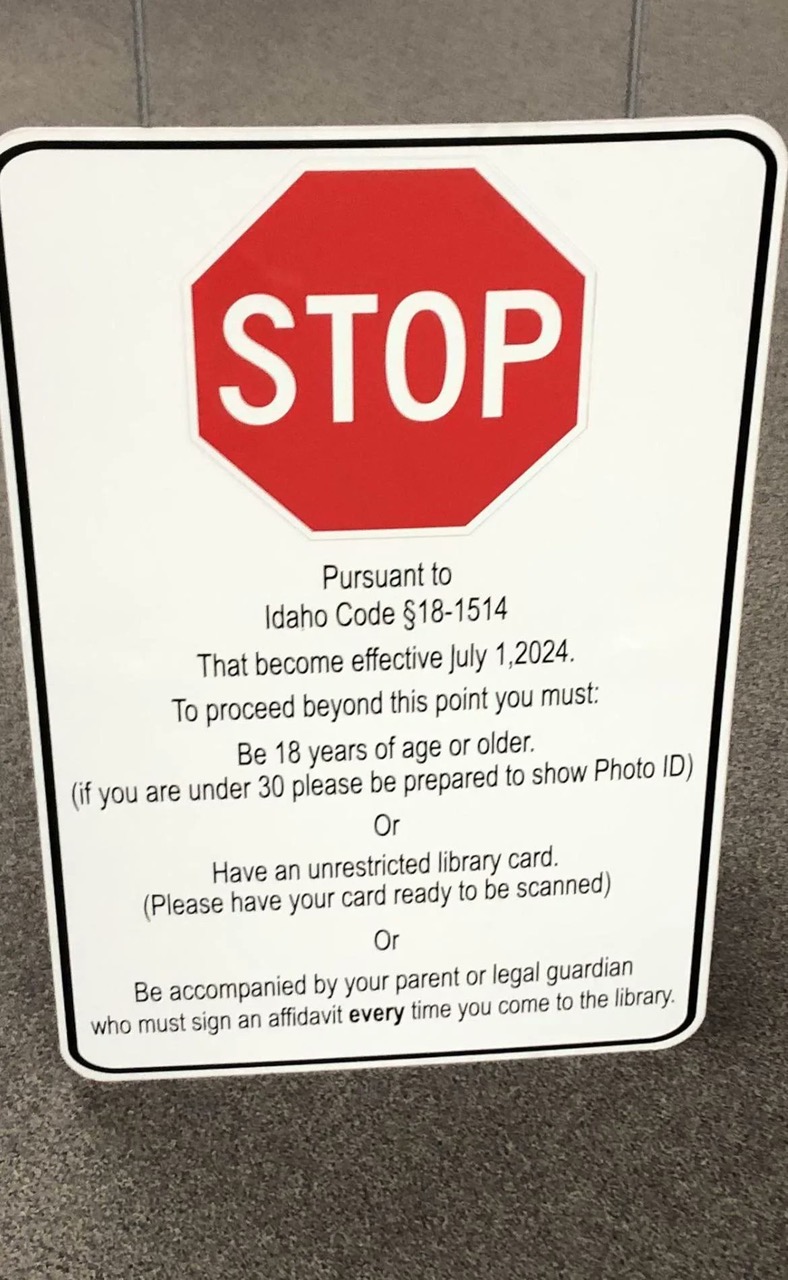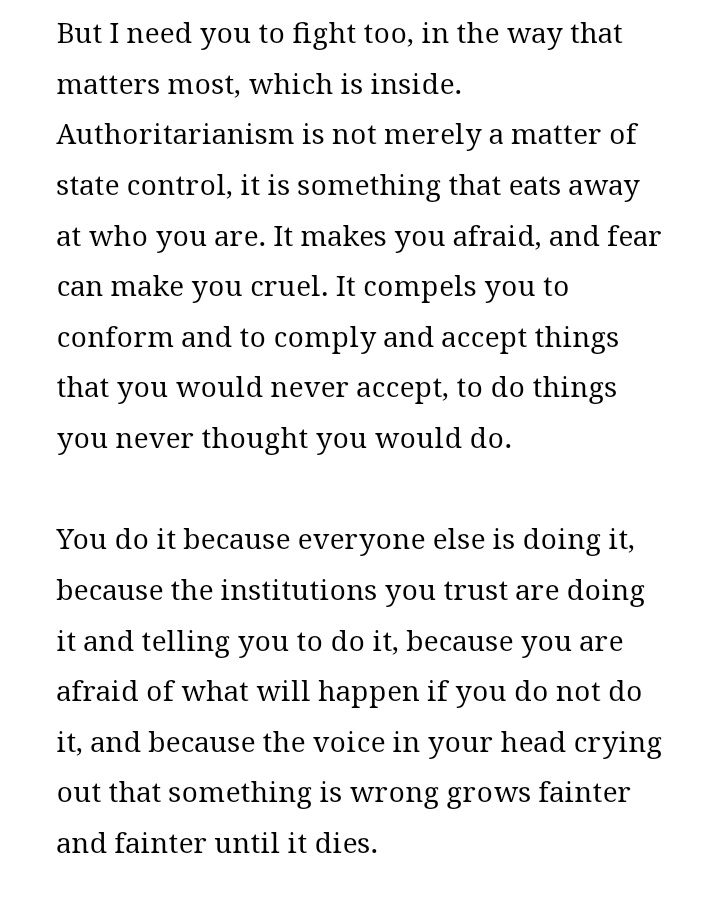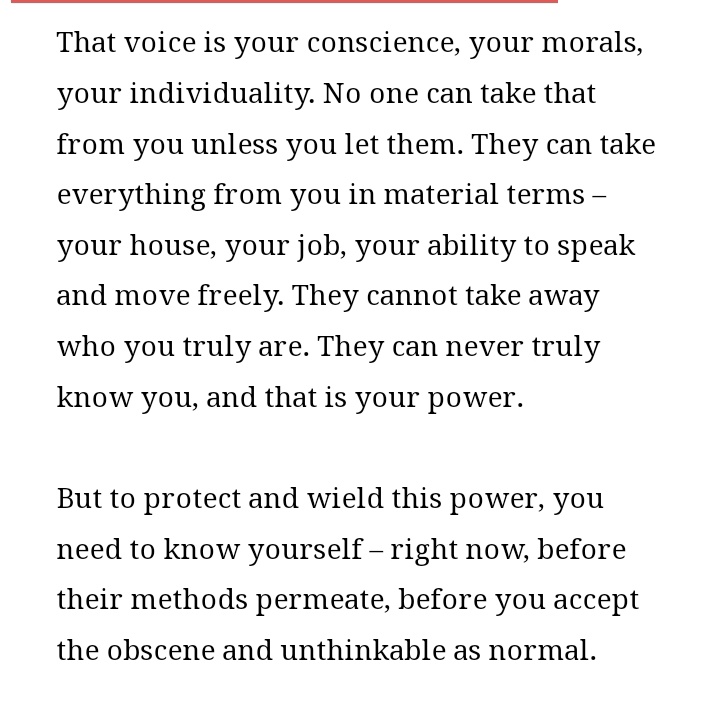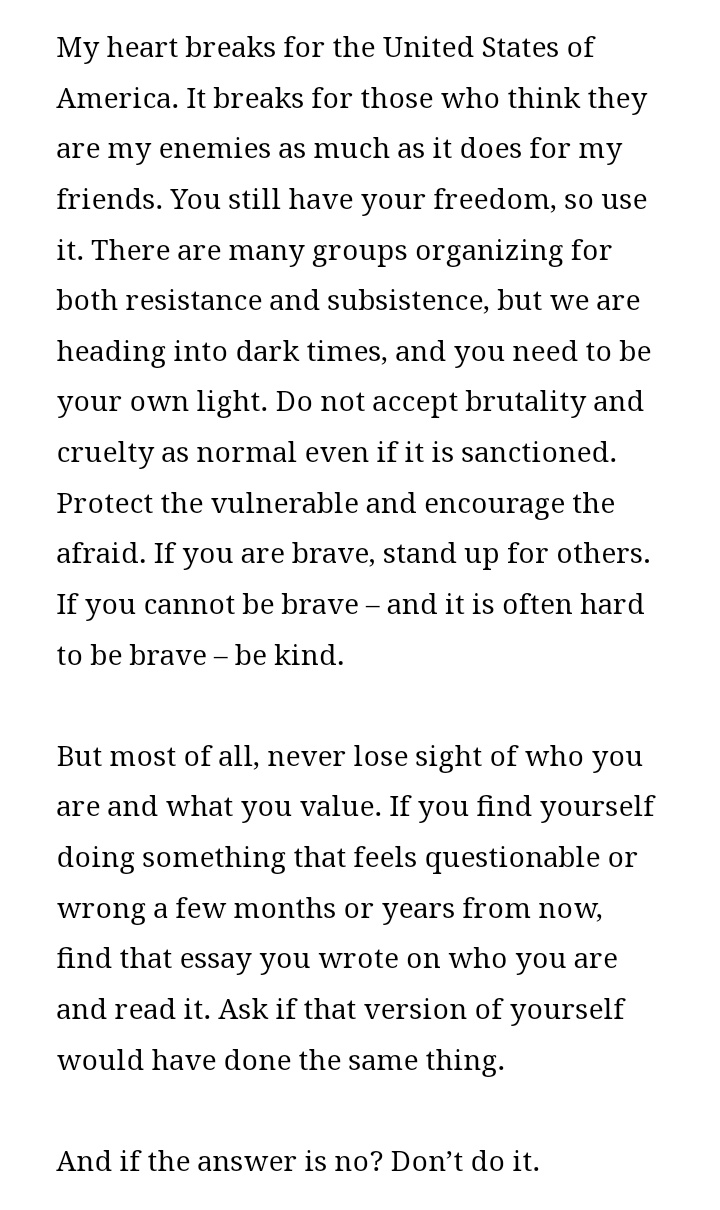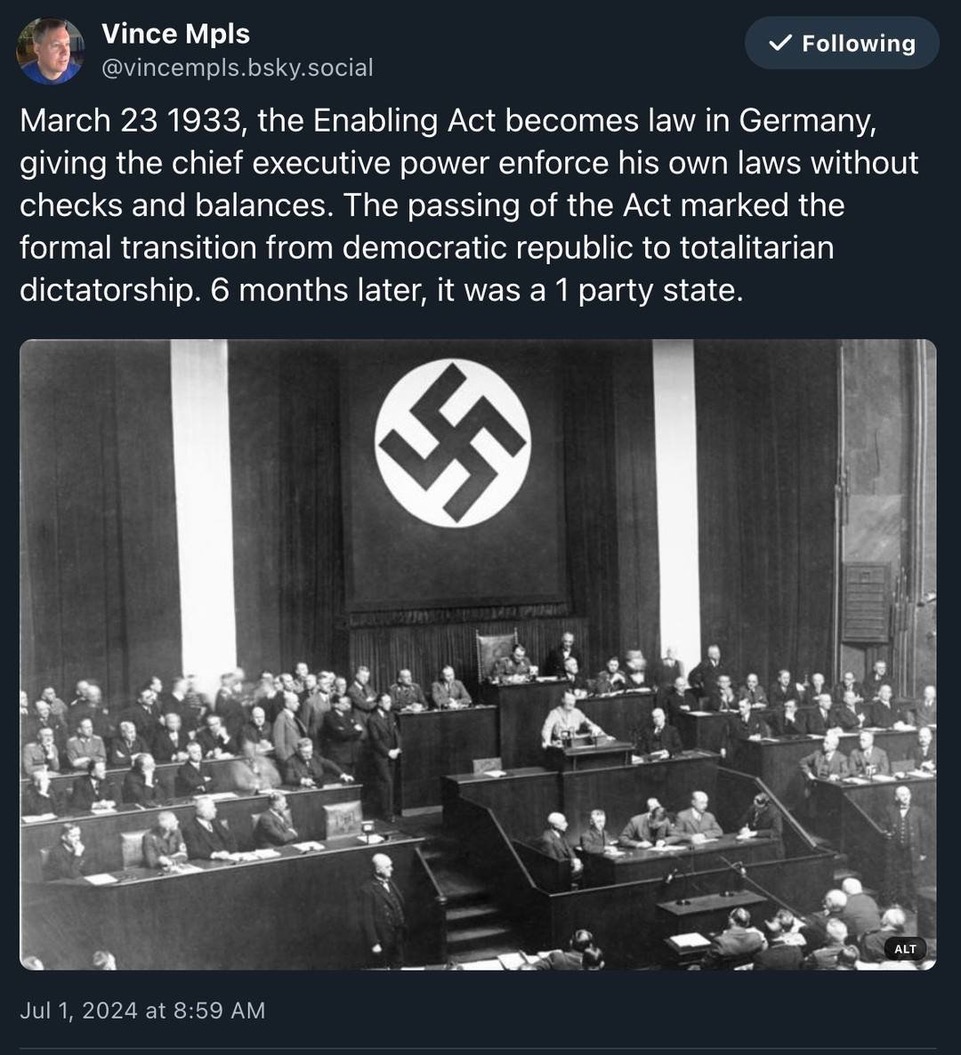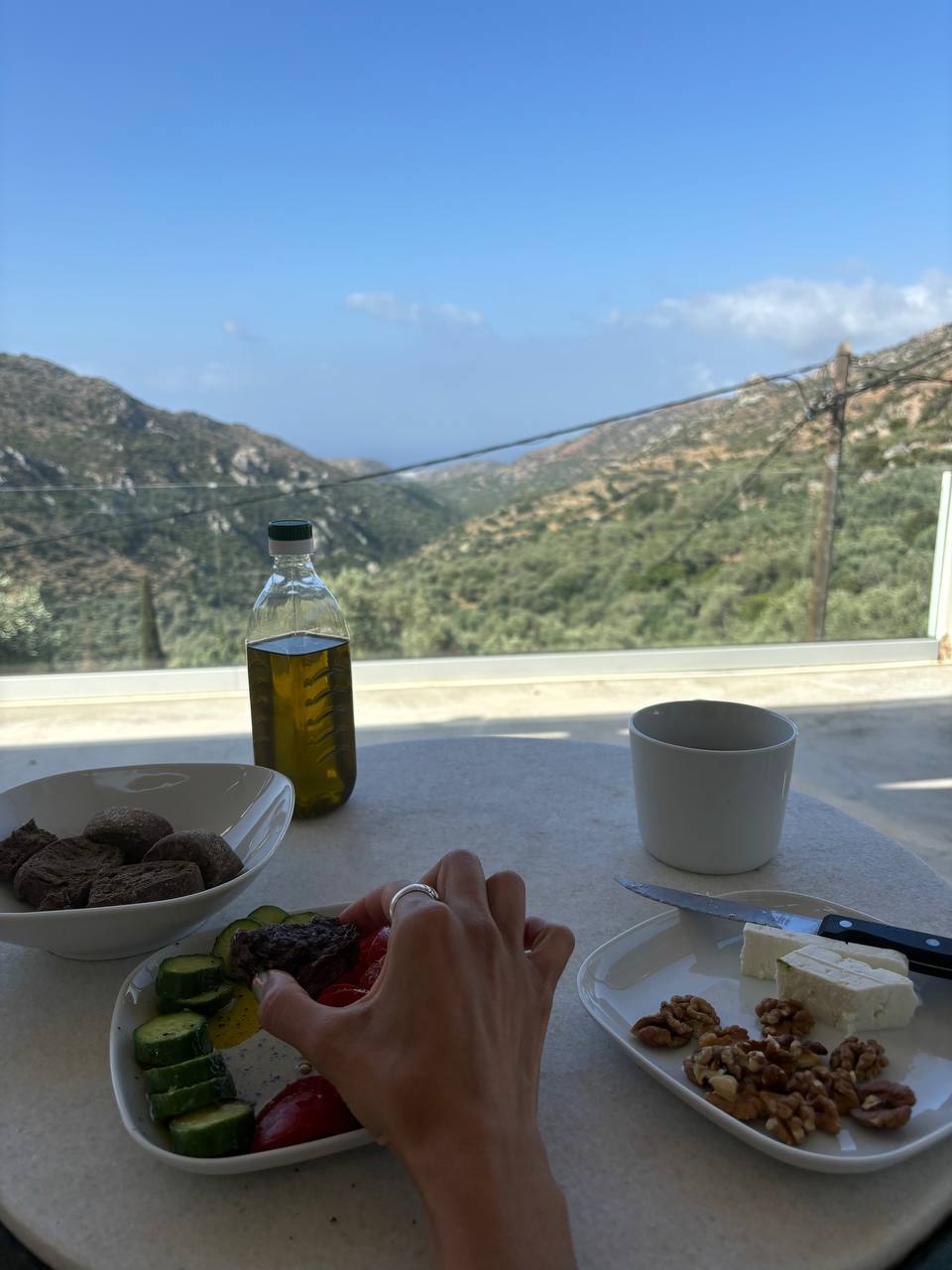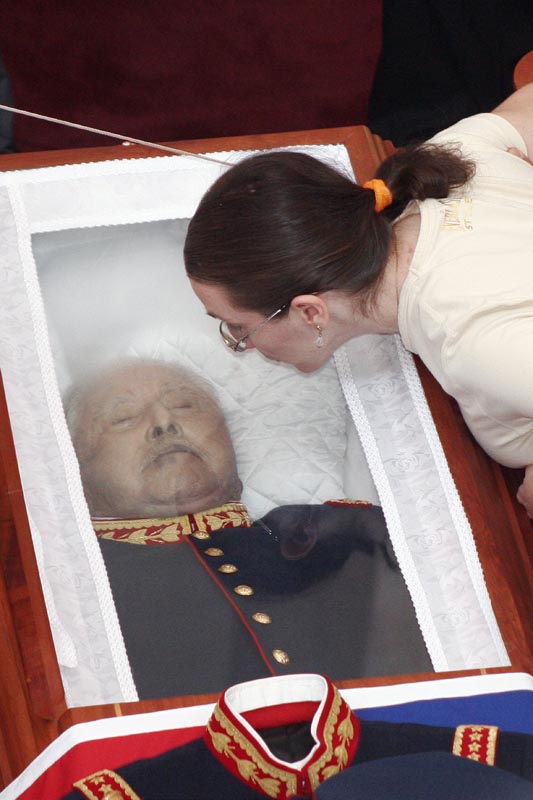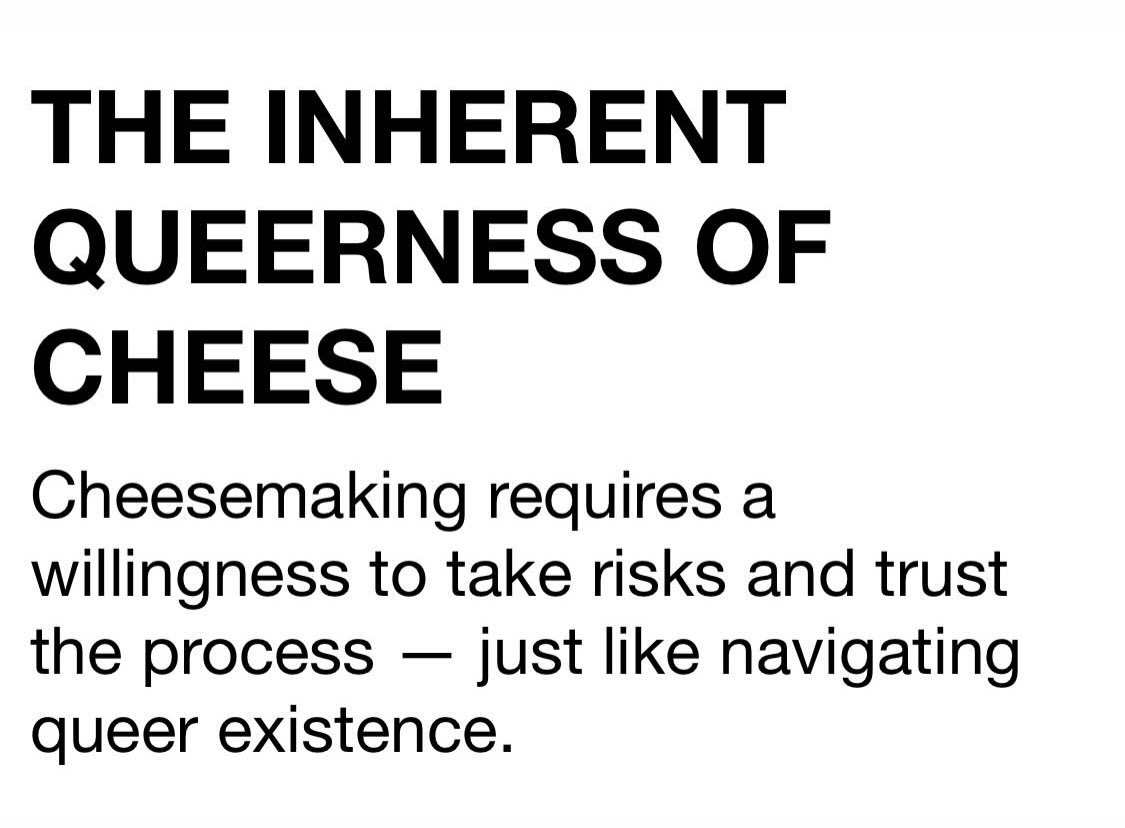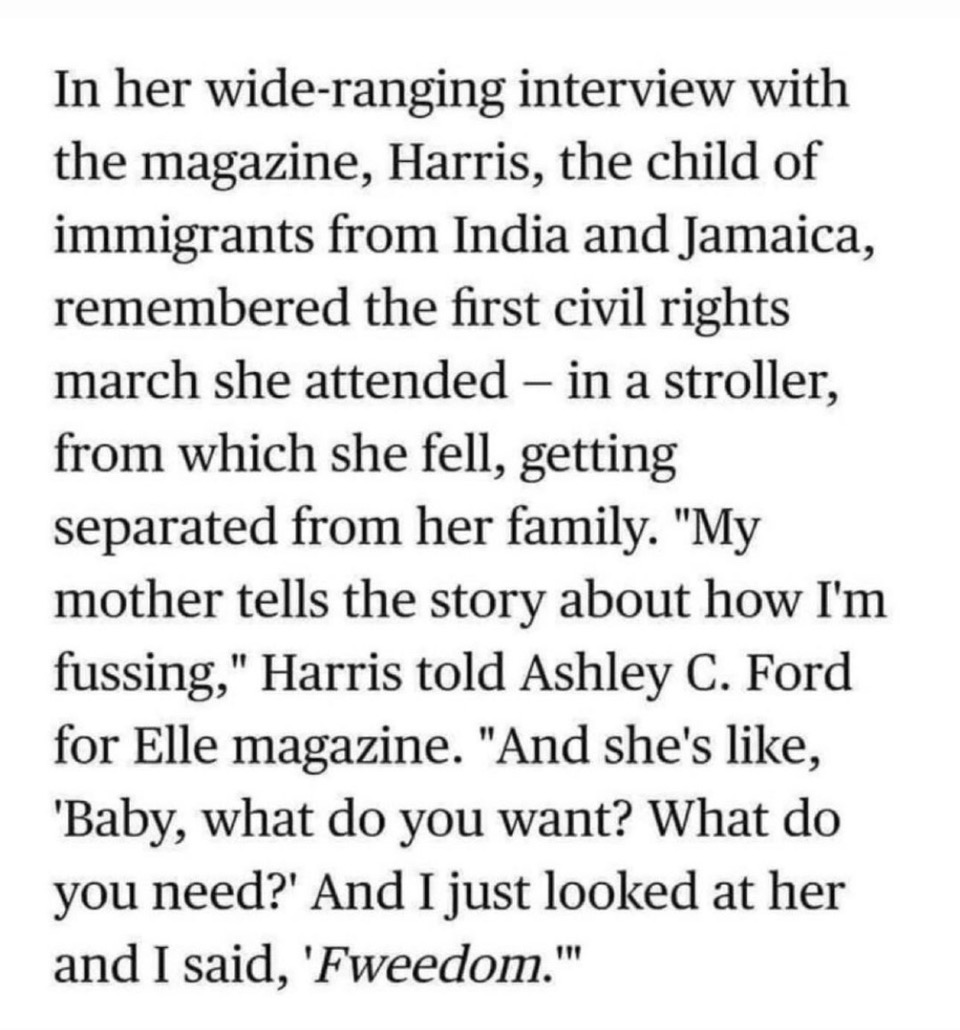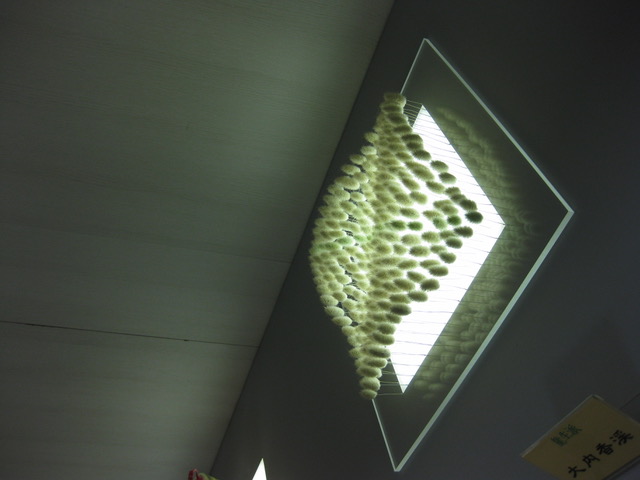



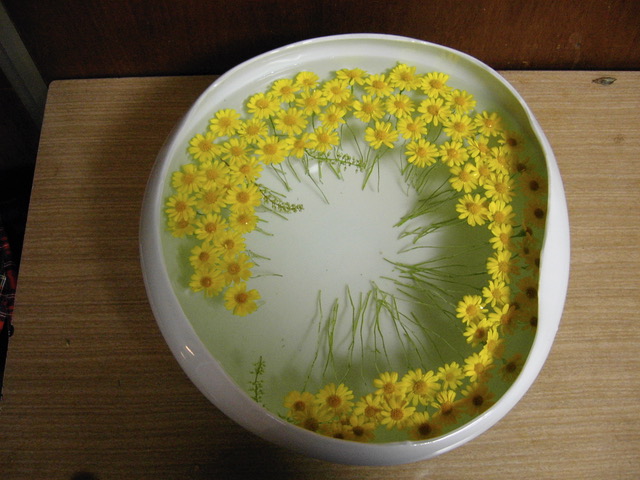
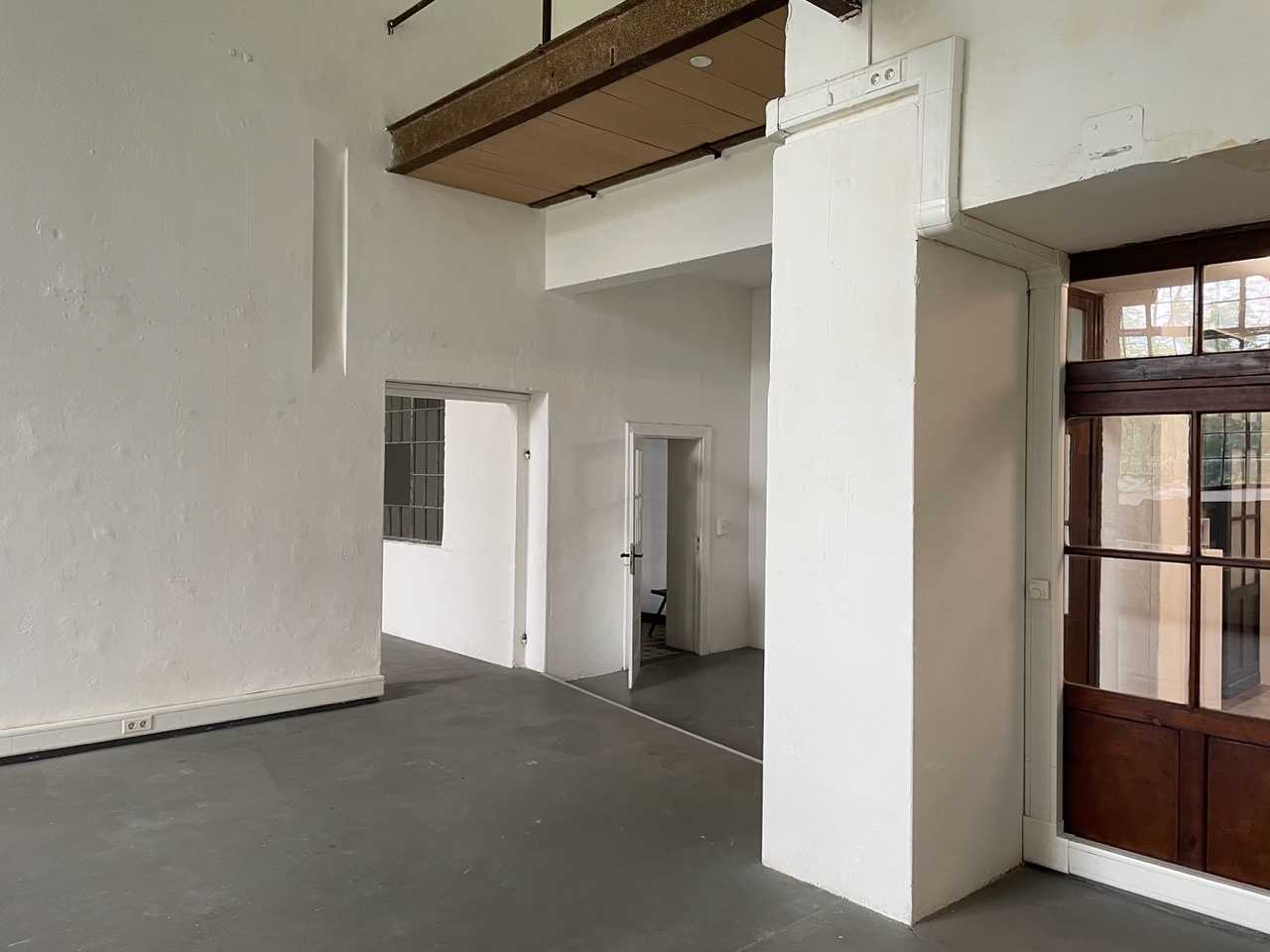
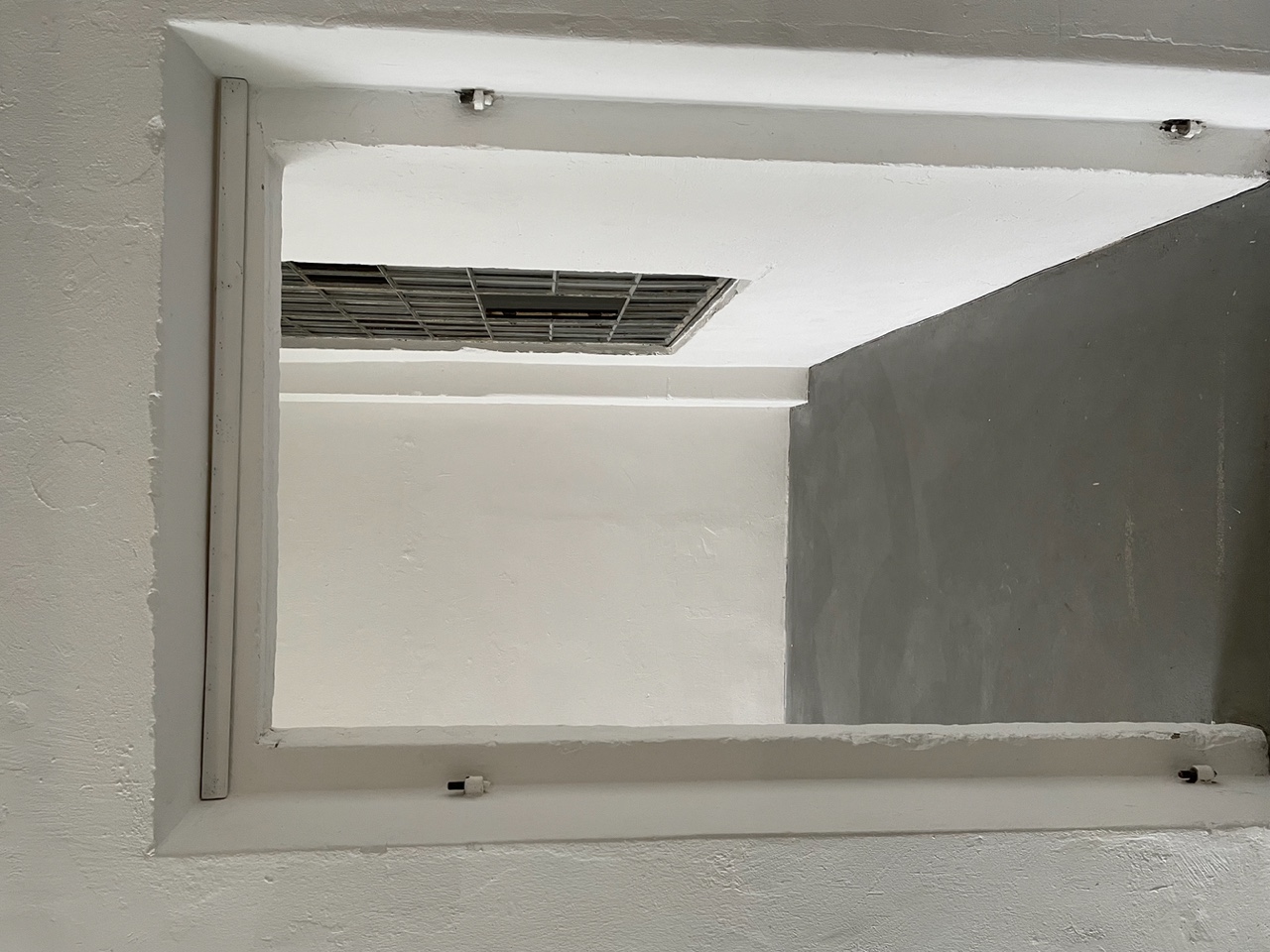
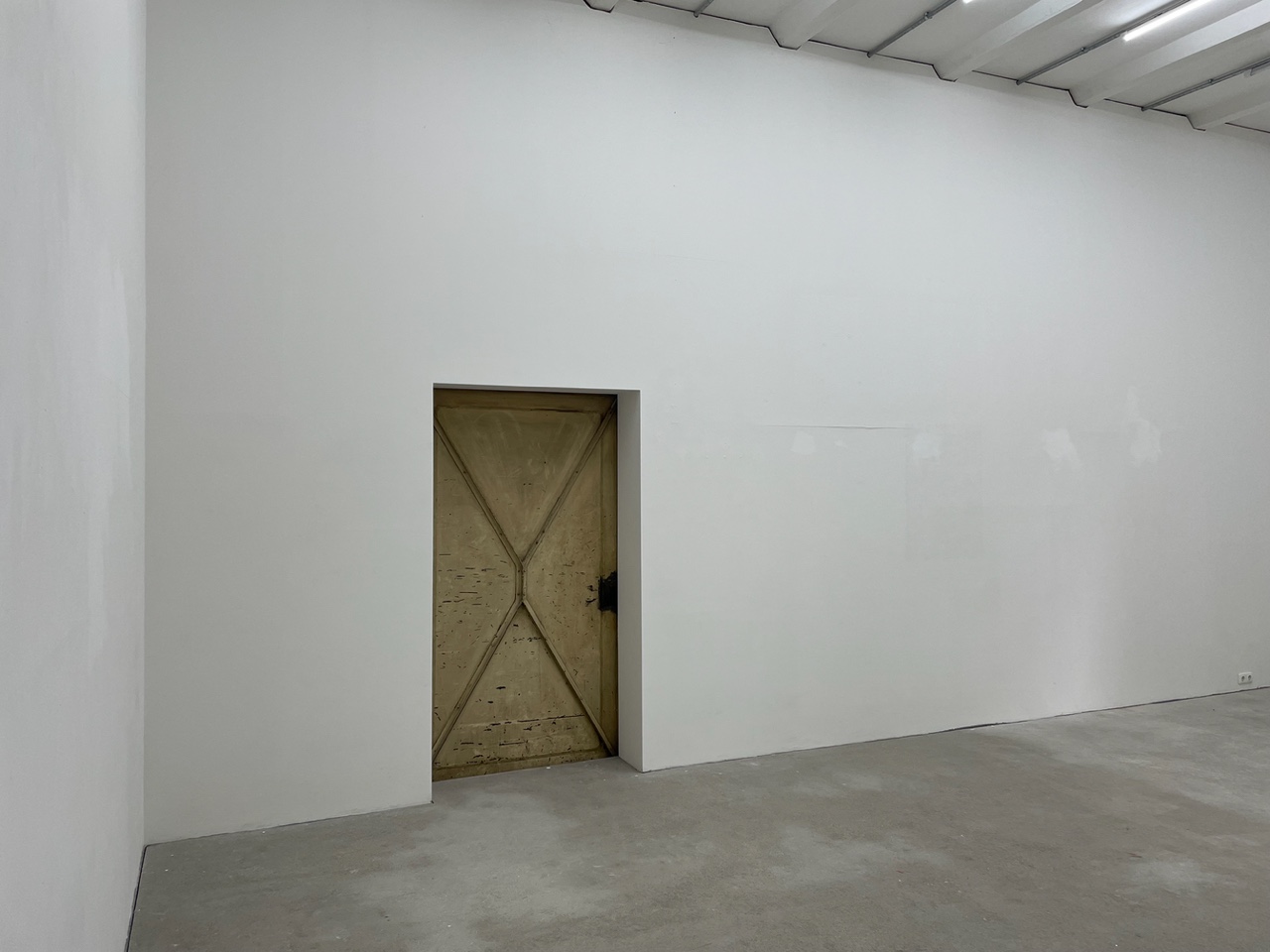

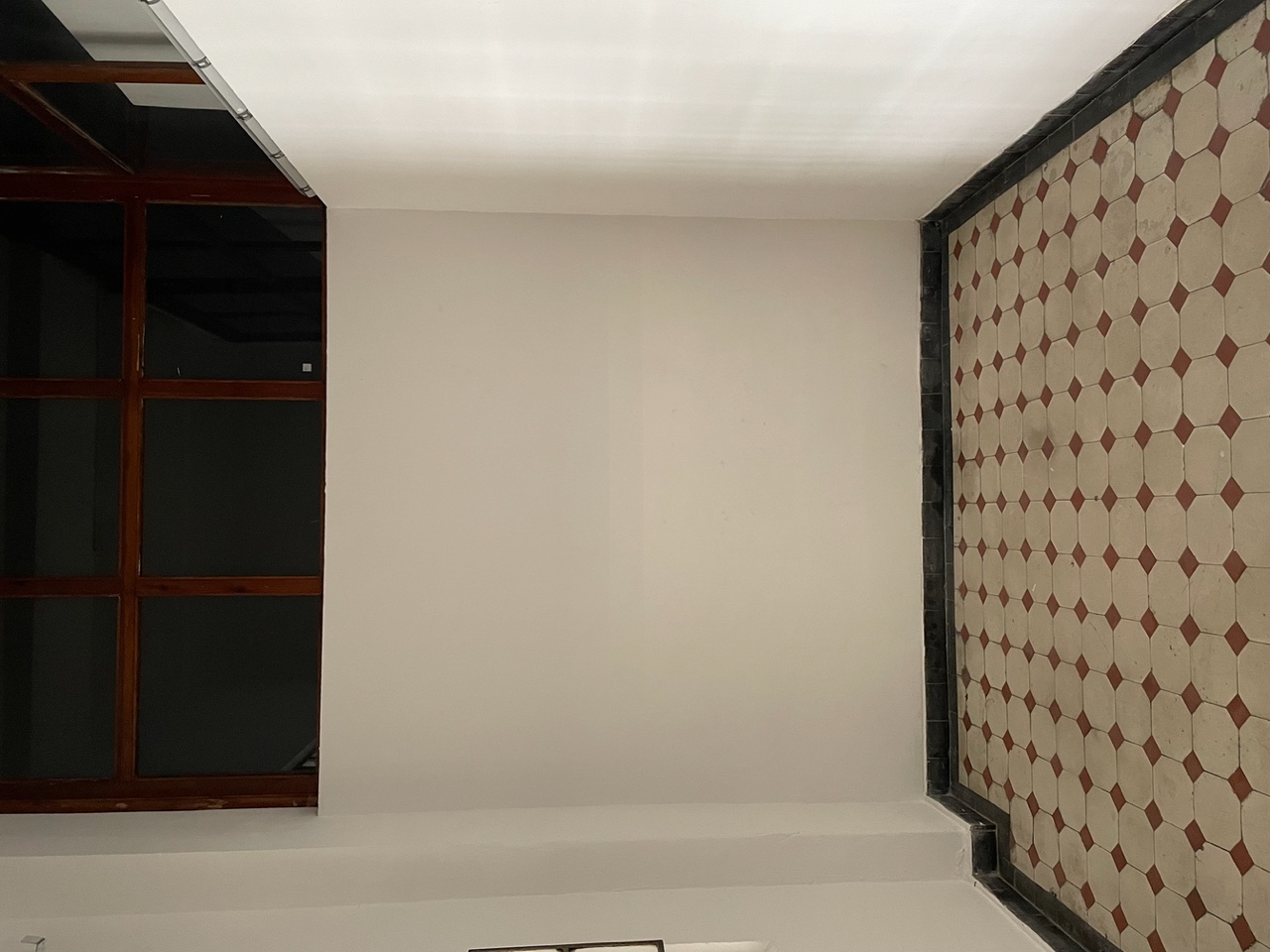
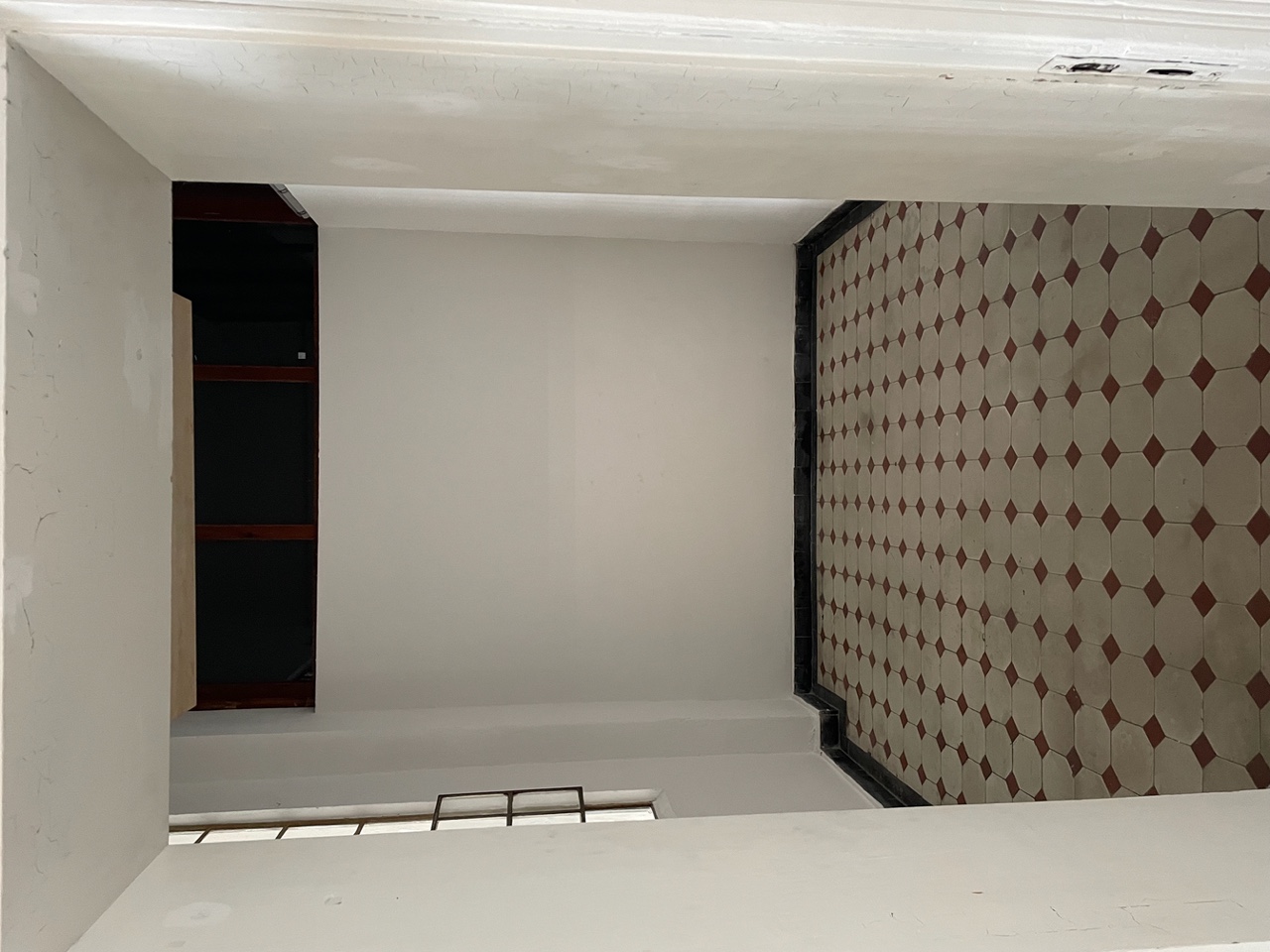
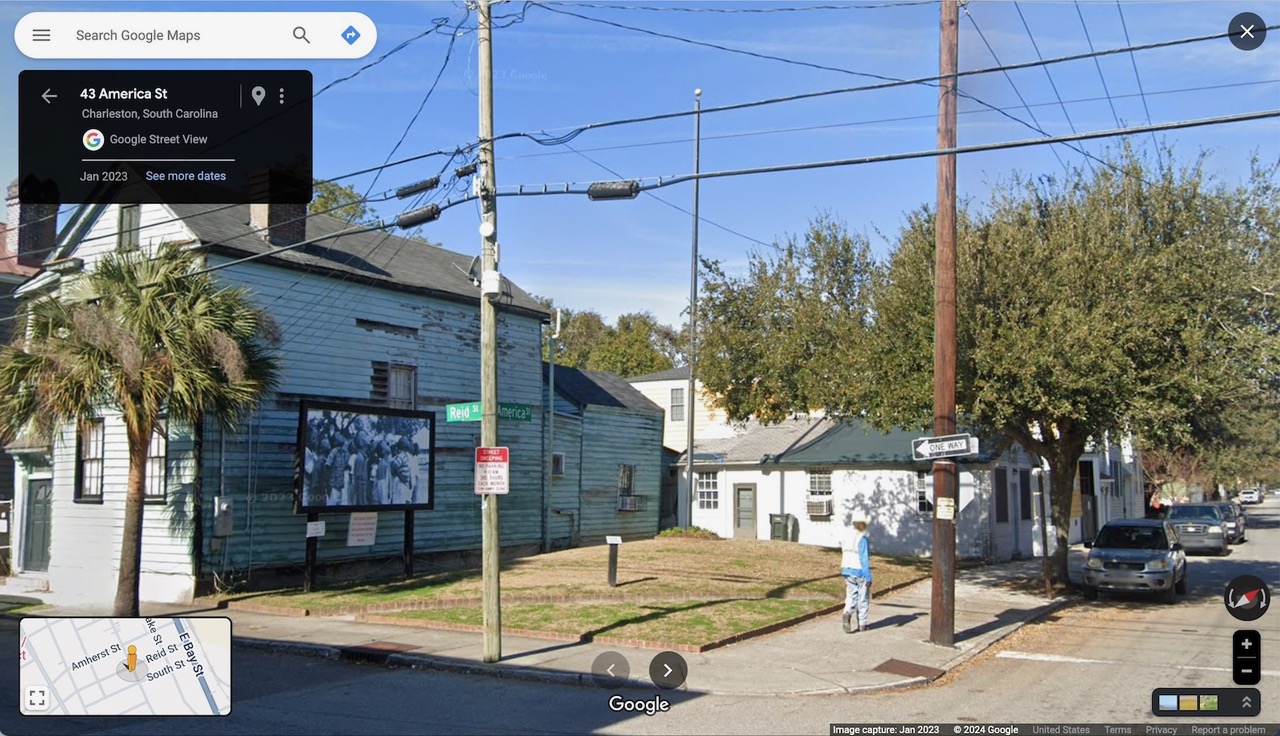
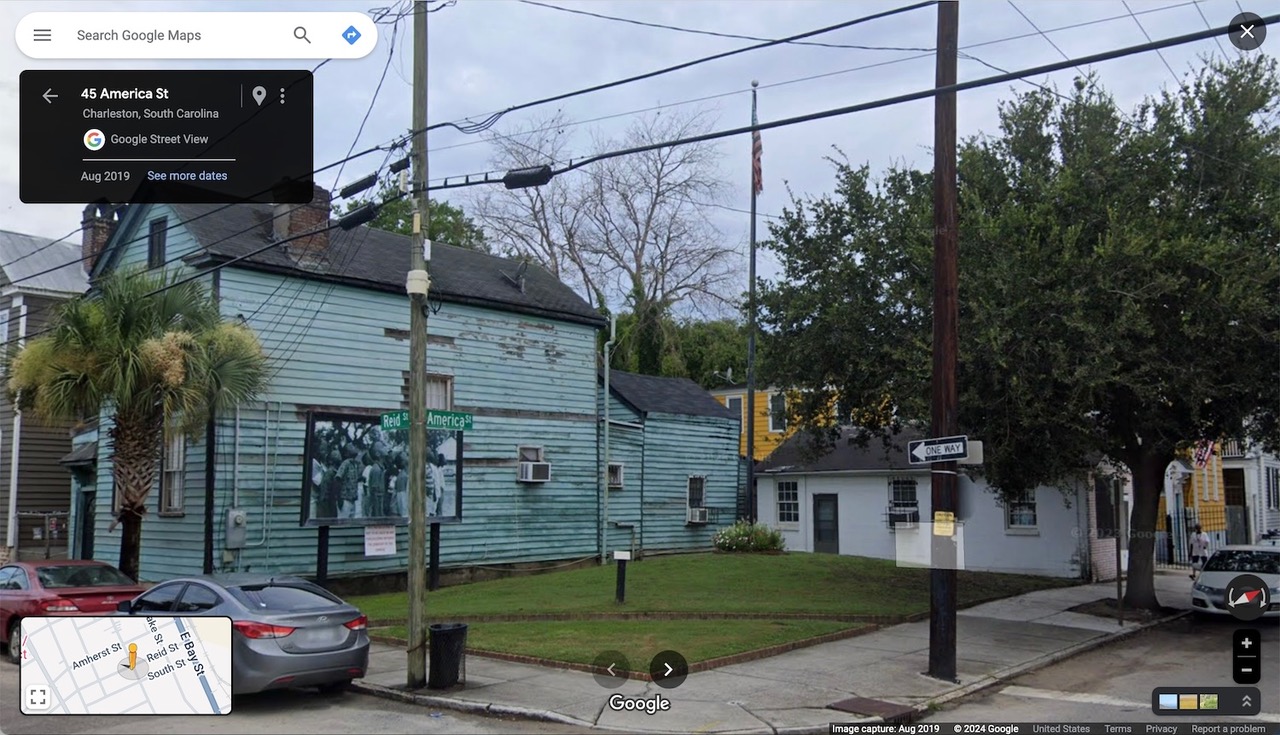

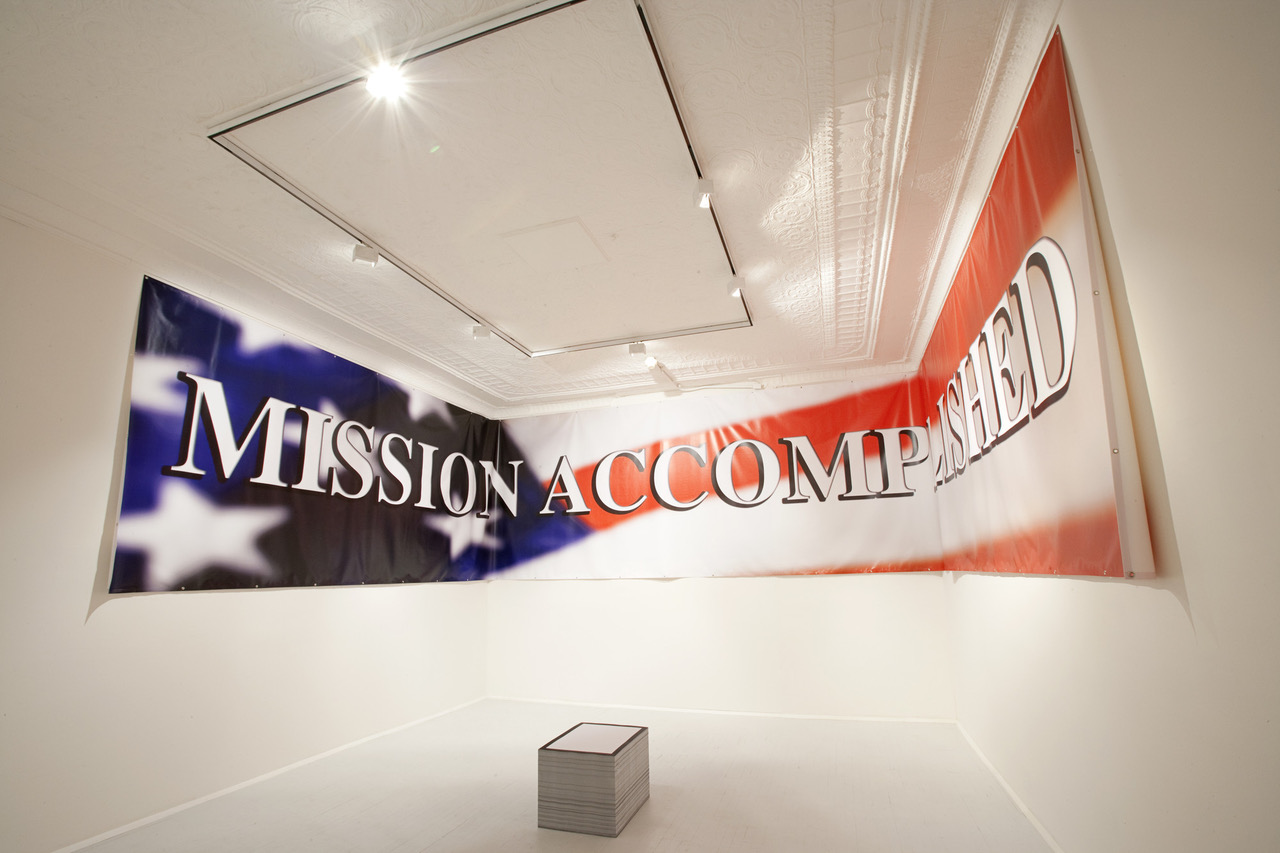

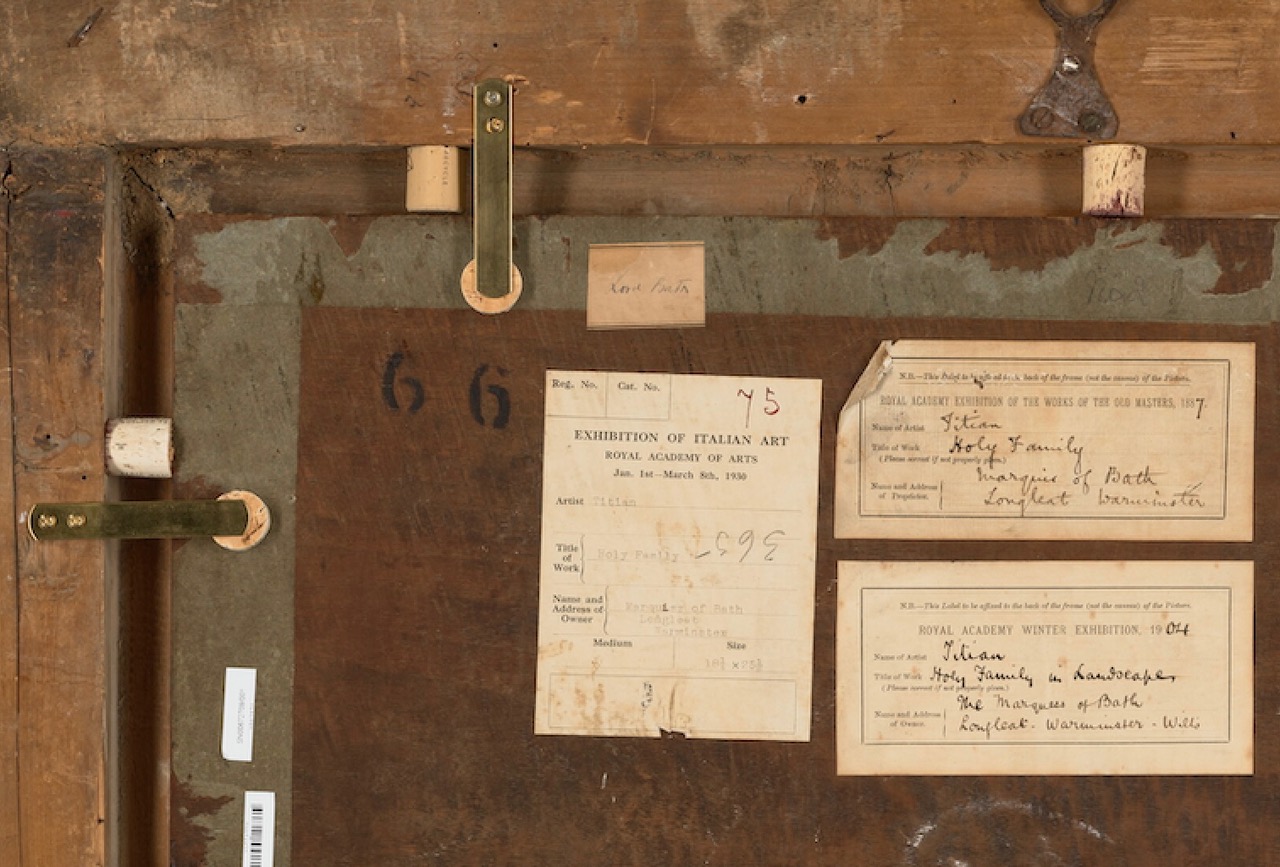
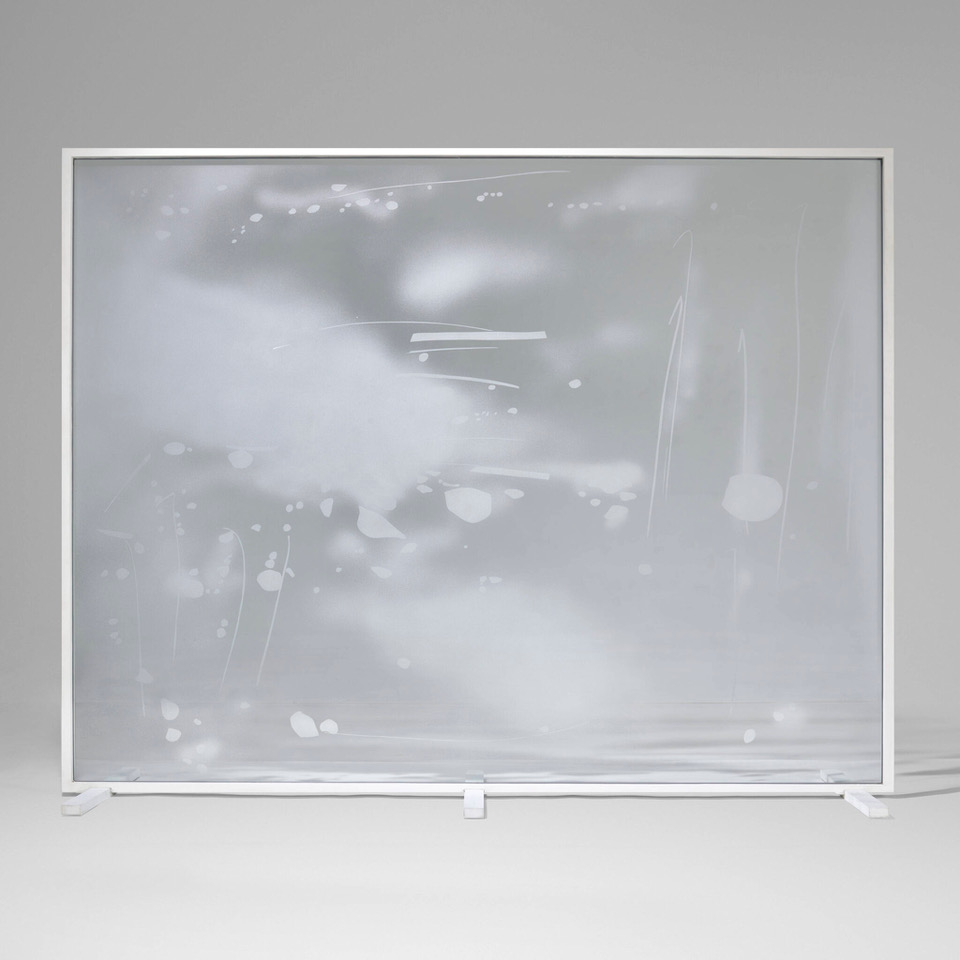
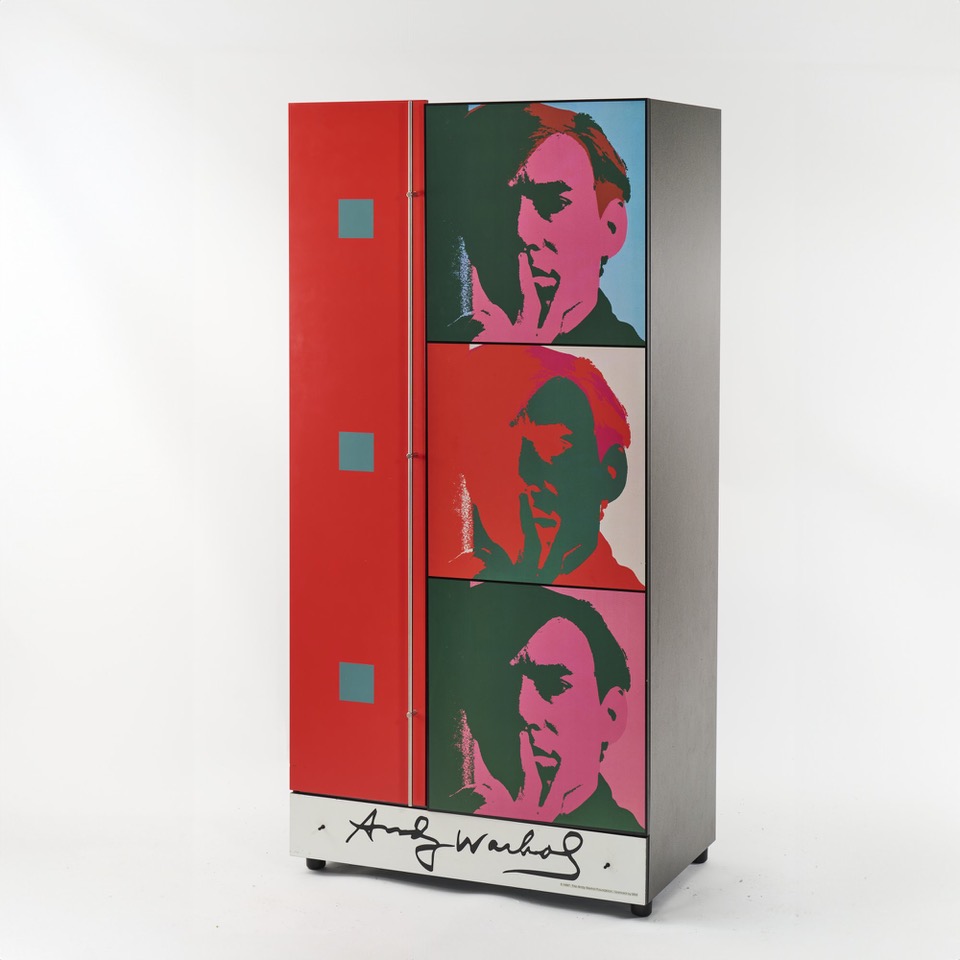




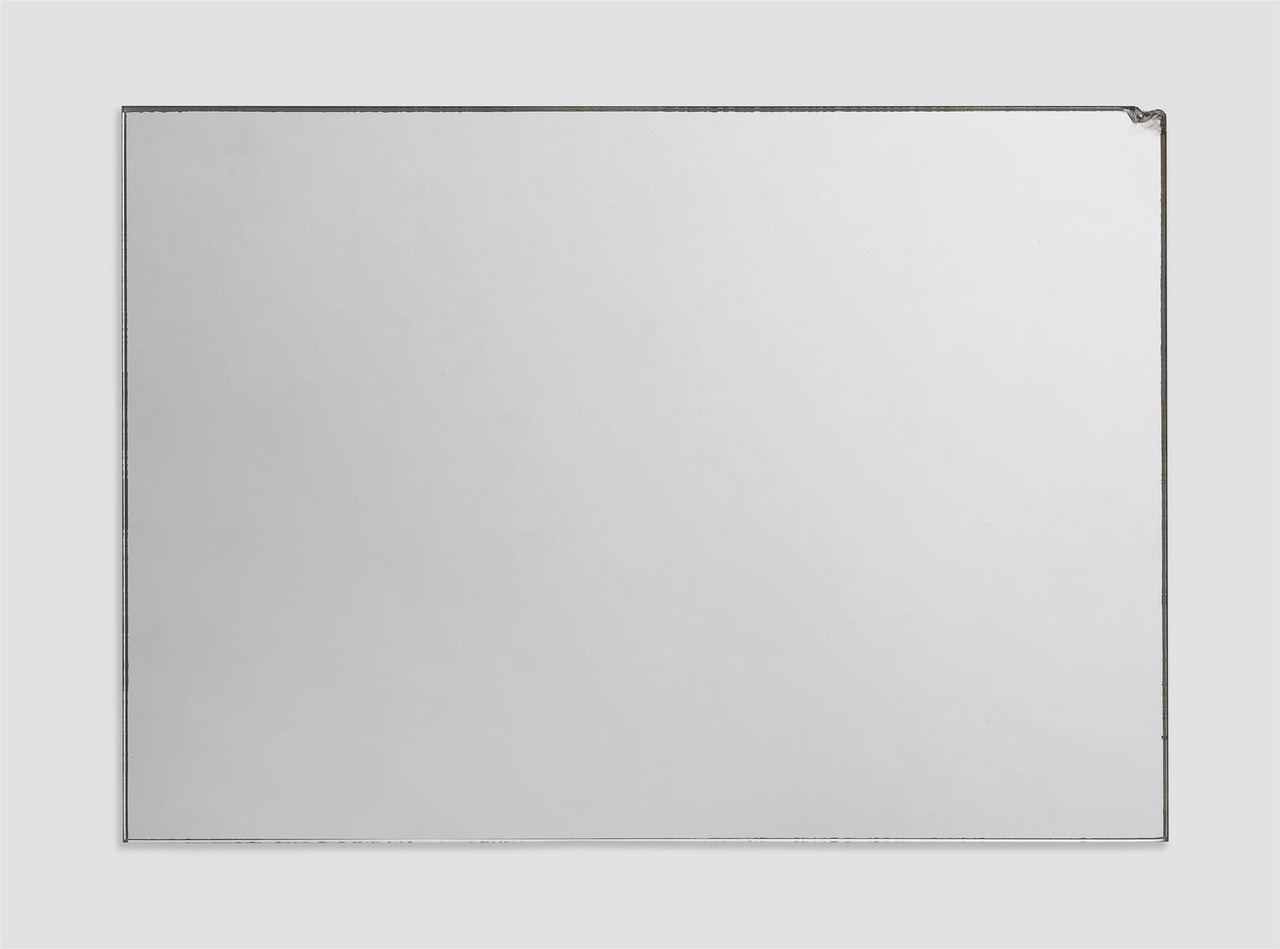
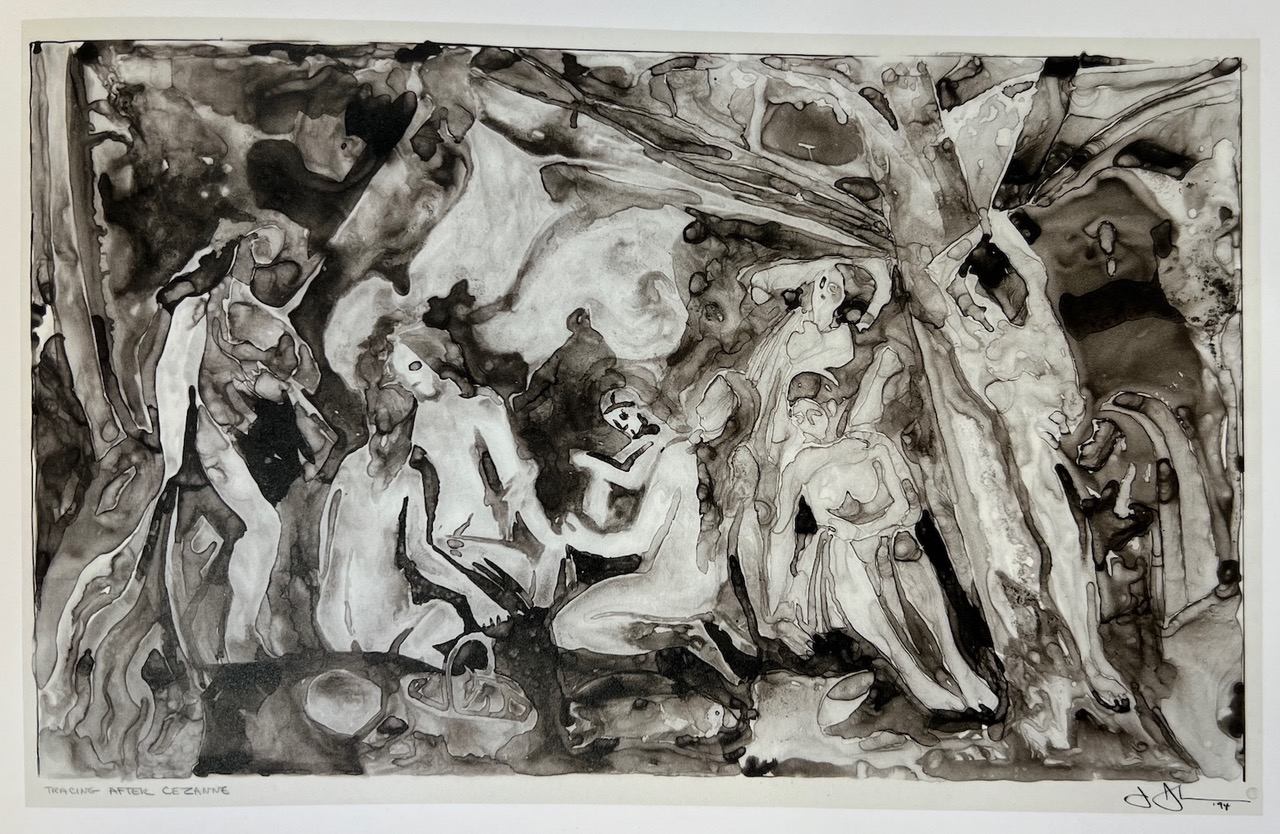
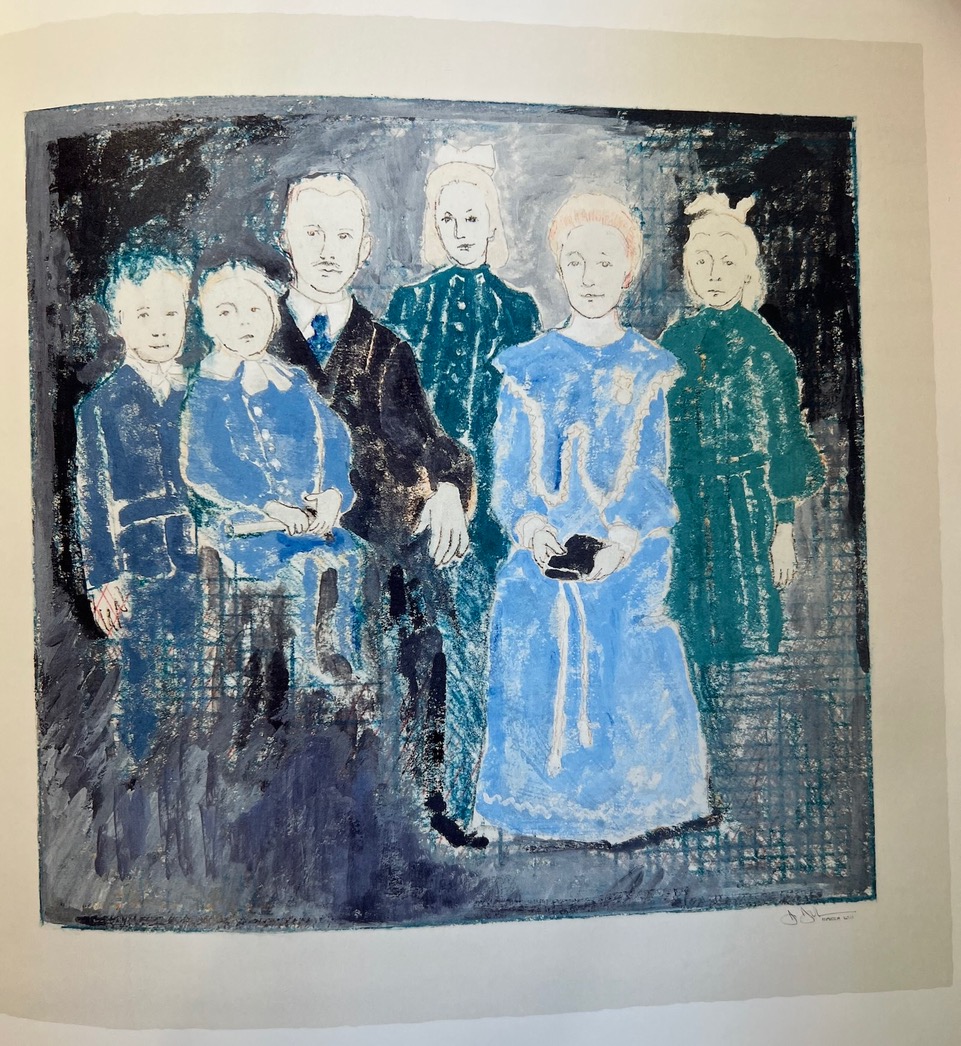
It’s always an interesting this, this reflection of the happiness of the rich in the depths of the poors’ eyes.
‘Widows’ (‘Les Veuves’) is the 13th of 50 texts from Baudelaire’s 1862 volume of prose poems, Le Spleen de Paris, which begins with a foreigner and a hag, and ends, in the cynical tradition, with dogs.
Lisa Robertson
Born in Toronto in 1961 within the disappearing middle class, raised by a succession of mongrel dogs, a feminist’s feminist, an experimentalist’s experimentalist, serially ignoring, coveting and rejecting institutional stability, poet and essayist Lisa Robertson arrived on the west coast in 1979, attended SFU in the mid-80s, and has been an itinerant freelancer since the mid-90s, when an aggressive wave of gentrification forced her to close her bookshop in the downtown east side. For a decade she formed the Office for Soft Architecture, carrying out urban researches in Vancouver and Paris. In 2003 she moved to France, closed the office to commissions, and undertook the study of the linguistics of rhythm/. Her poetry has been translated to French, Swedish, Catalan, Spanish, Galician, German, Lithuanian, Dutch and Portuguese. She lives in a small village that is effectively an economic desert, in a doomed attempt to flee capital, and she is currently working on the 12th century troubadour poets and their cursed ethics of abundance.
My brother is completed by sky. The sky is his silence. Eventually, he says, it is raining. It is raining down. It was raining. It stopped raining. It is raining down. He won’t hang up.
The pickup returns us to live cruelty, like sunrise, red streaks falling from dawn to asphalt—then again this pickup is not about beauty. It’s a pure product.
In the circulating photo you are looking down. Were you dreaming of this day all the days of your youth? In the daydream did the pickup take you home?
“The purpose of art,” James Baldwin wrote, “is to lay bare the questions hidden by the answers.” He might have been channeling Dostoyevsky’s statement that “we have all the answers. It is the questions we do not know.”
A man, a novelist with the face of the English sky—full of weather, always in response, constantly shifting, clouding over only to clear briefly—stands before you, his head leaning against the same wall as the torn-up girl.
And though in this man’s body, the man made of English sky, grief exists for Duggan as a black man gunned down, there is not the urgency brought on by an overflow of compromises, deaths, and tempers specific to a profile woke to and gone to sleep each day.
Arguably, there is no simultaneity between the English sky and the body being ordered to rest in peace. This difference, which has to do with “the war (the black body’s) presence has occasioned,” to quote Baldwin, makes all the difference.One could become acquainted with the inflammation that existed around Duggan’s body and it would be uncomfortable. Grief comes out of relationships to subjects over time and not to any subject in theory, you tell the English sky, to give him an out. The distance between you and him is thrown into relief: bodies moving through the same life differently.
Perhaps the most insidious and least understood form of segregation is that of the word.
In Memory of Jordan Russell Davis
In Memory of Eric Garner
In Memory of John Crawford
In Memory of Michael Brown
In Memory of Akai Gurley
In Memory of Tamir Rice
In Memory of Wlater Scott
In Memory of Freddie Grey Jr.
In Memory of Sharonda Coleman-Singleton
In Memory of Cynthia Hurd
In Memory of Susie Jackson
In Memory of Ethel Lee Lance
In Memory of DePayne Middleton Doctor
In Memory of Clementa Pinckney
In Memory of Tywanza Sanders
In Memory of Daniel L. Simmons, Sr.
In Memory of Myra Thmopson
In Memory of Sandra Bland
In Memory
In Memory
In Memory
In Memory
In Memory
In Memory
In Memory
In Memory
In Memory
In Memory
because white men can’t
police their imagination
black men are dying
A friend writes of the numbing effects of humming and it returns you to your own sigh. It’s no longer audible. You’ve grown into it. Some call it aging—an internalized liquid smoke blurring ordinary ache.
Trayvon Martin’s name sounds from the car radio a dozen times each half hour. You pull your love back into the seat because though no one seems to be chasing you, the justice system has other plans.
Yes, and this is how you are a citizen: Come on. Let it go. Move on.
Despite the air-conditioning you pull the button back and the window slides down into its door-sleeve. A breeze touches your cheek. As something should.
CHAIRMAN MAO
Experience in the class struggle in the era of imperialism teaches us that it is only by the power of the gun that the working class and the laboring masses can defeat the armed bourgeoisie and landlords; in this sense we may say that only with guns can the whole world be transformed.


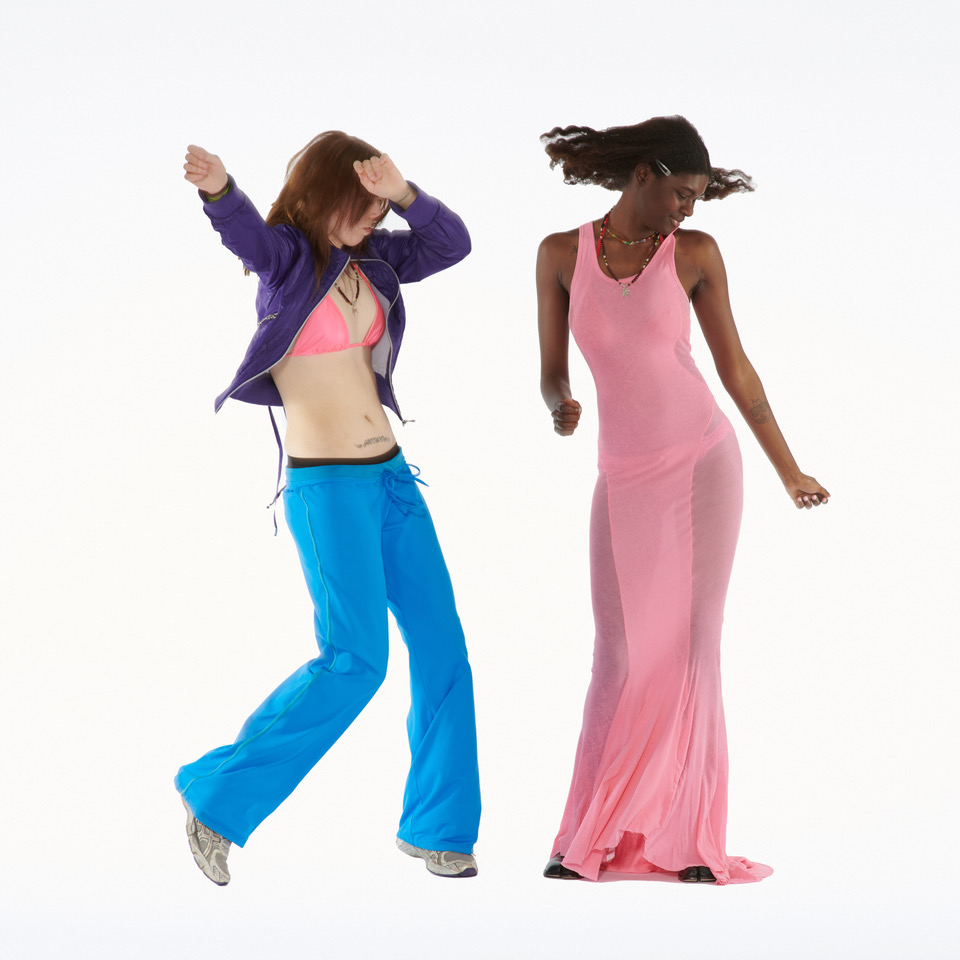
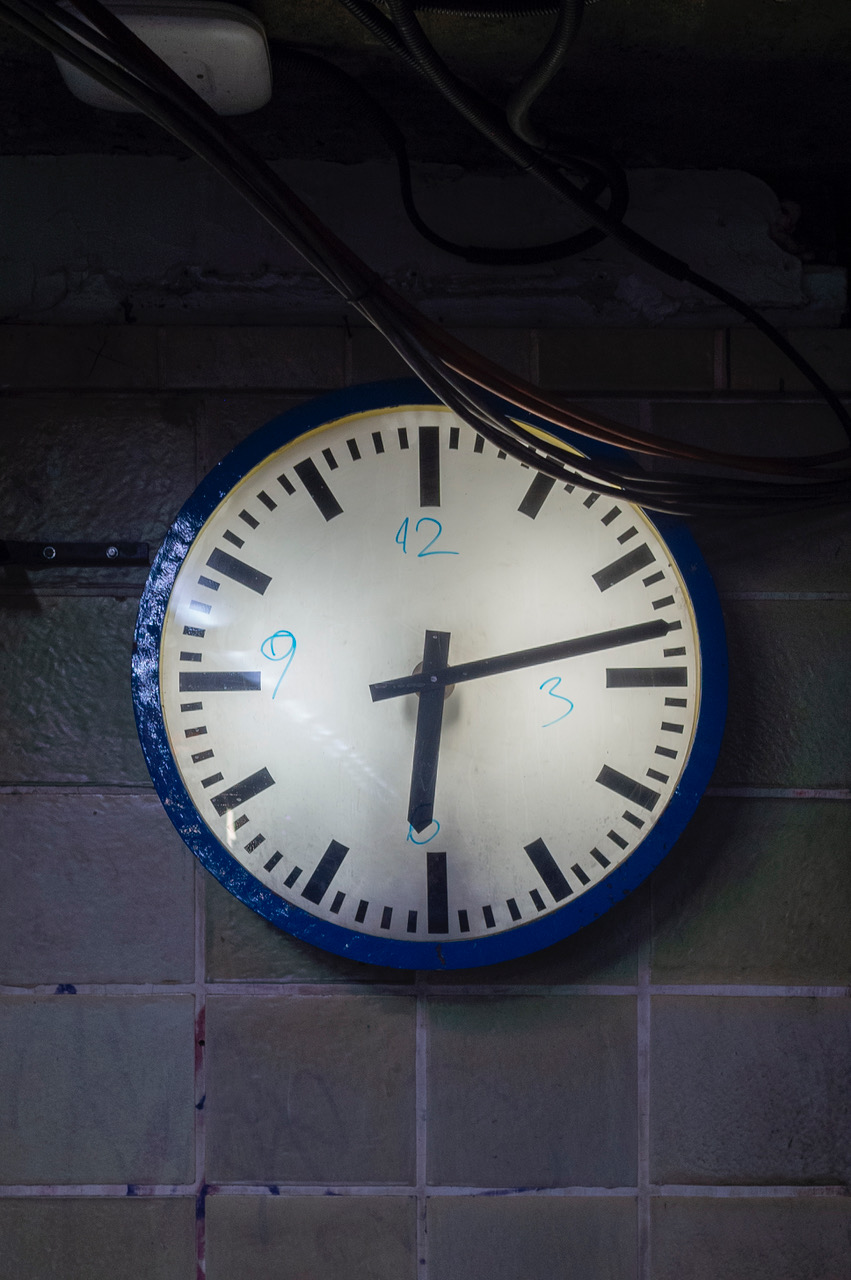






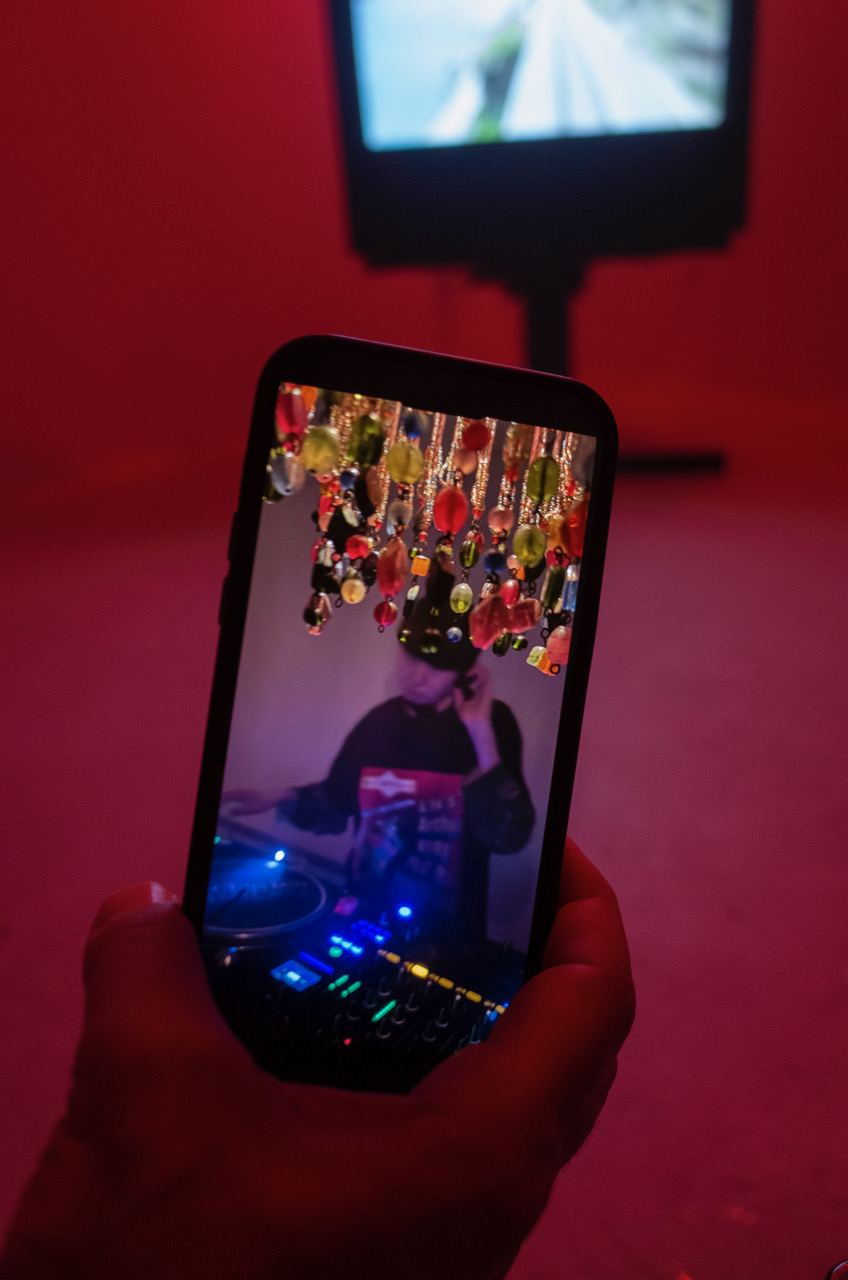
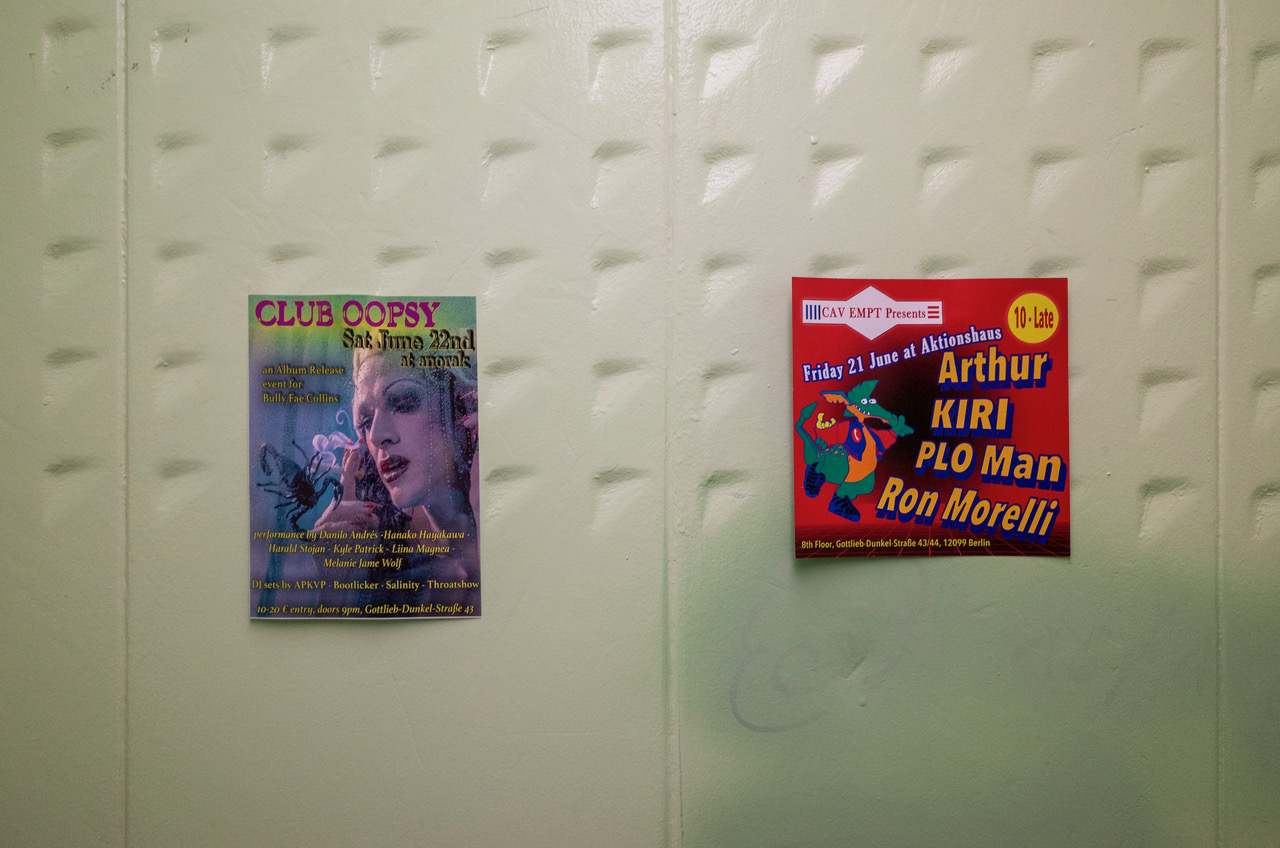
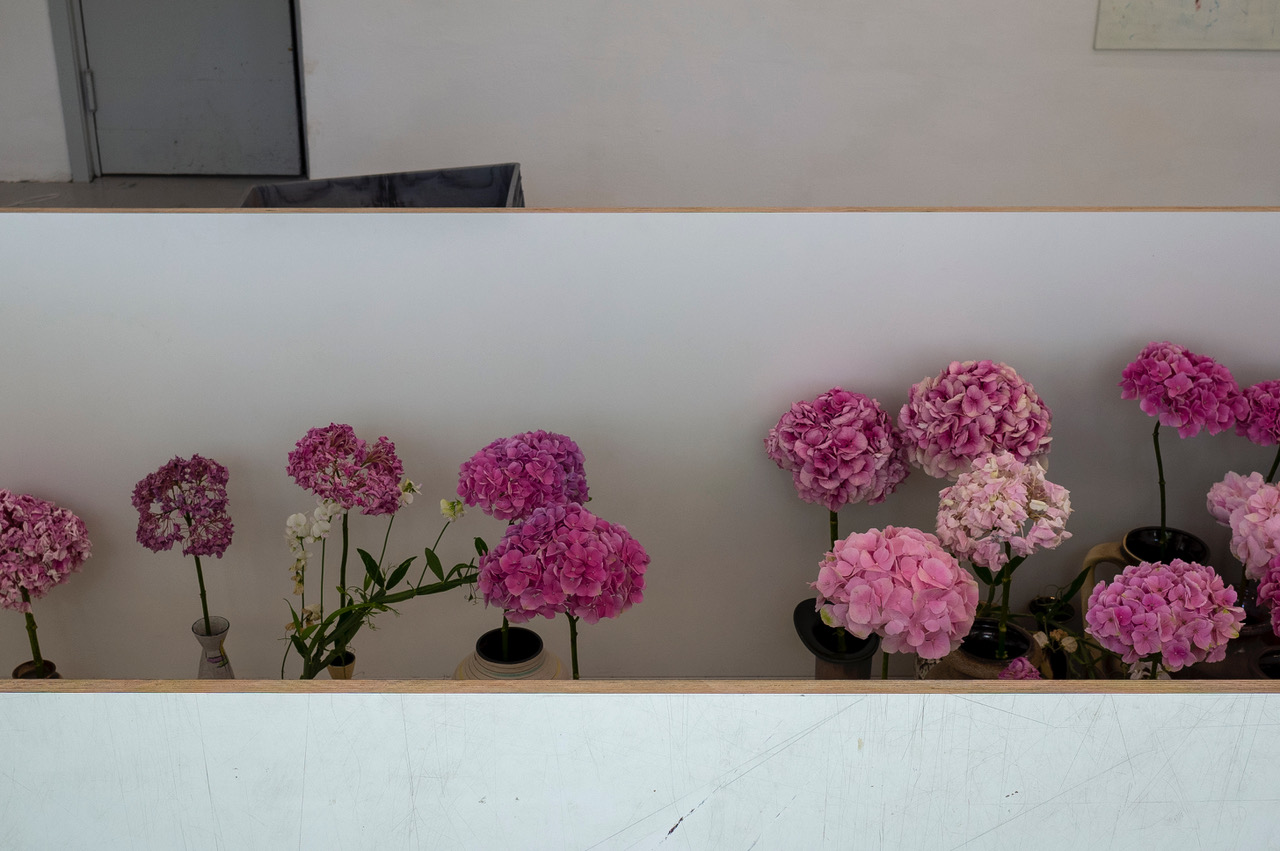

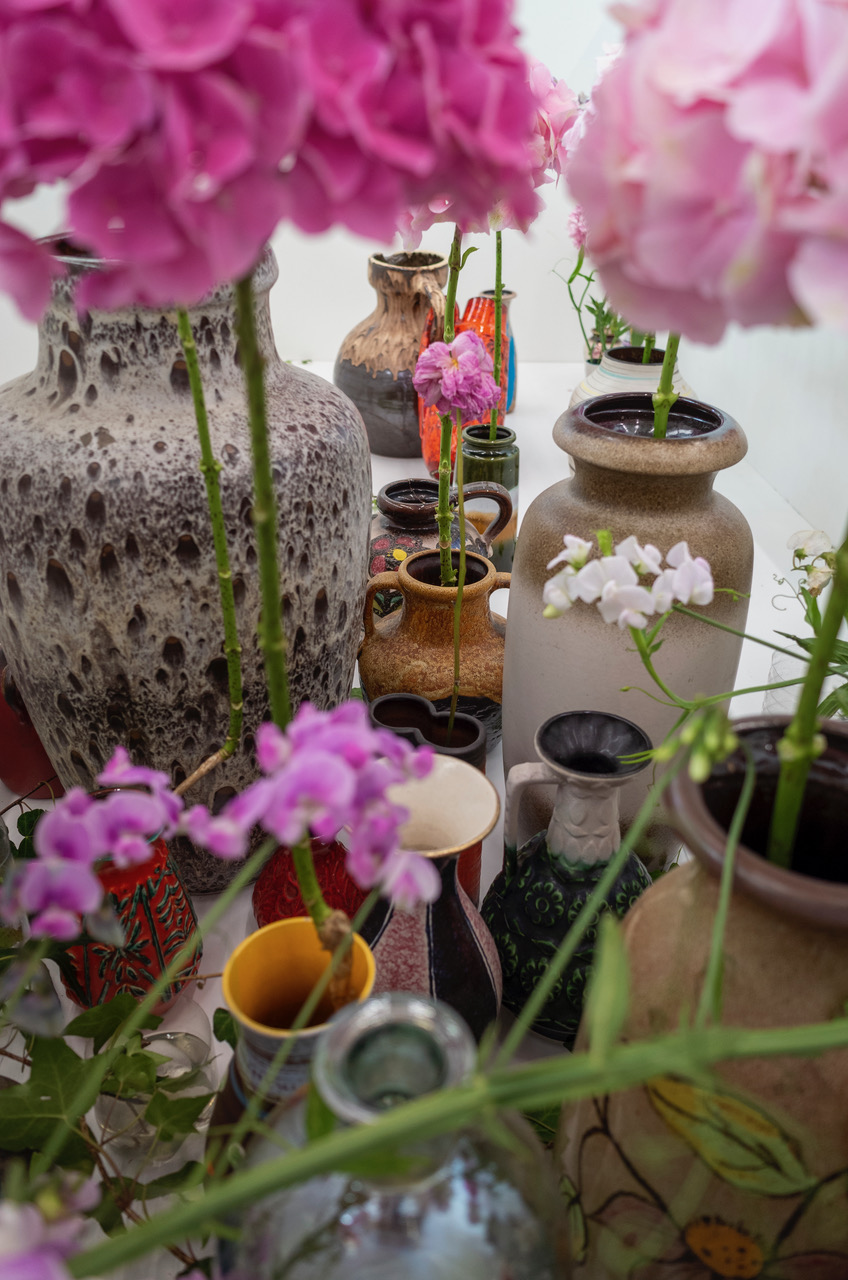



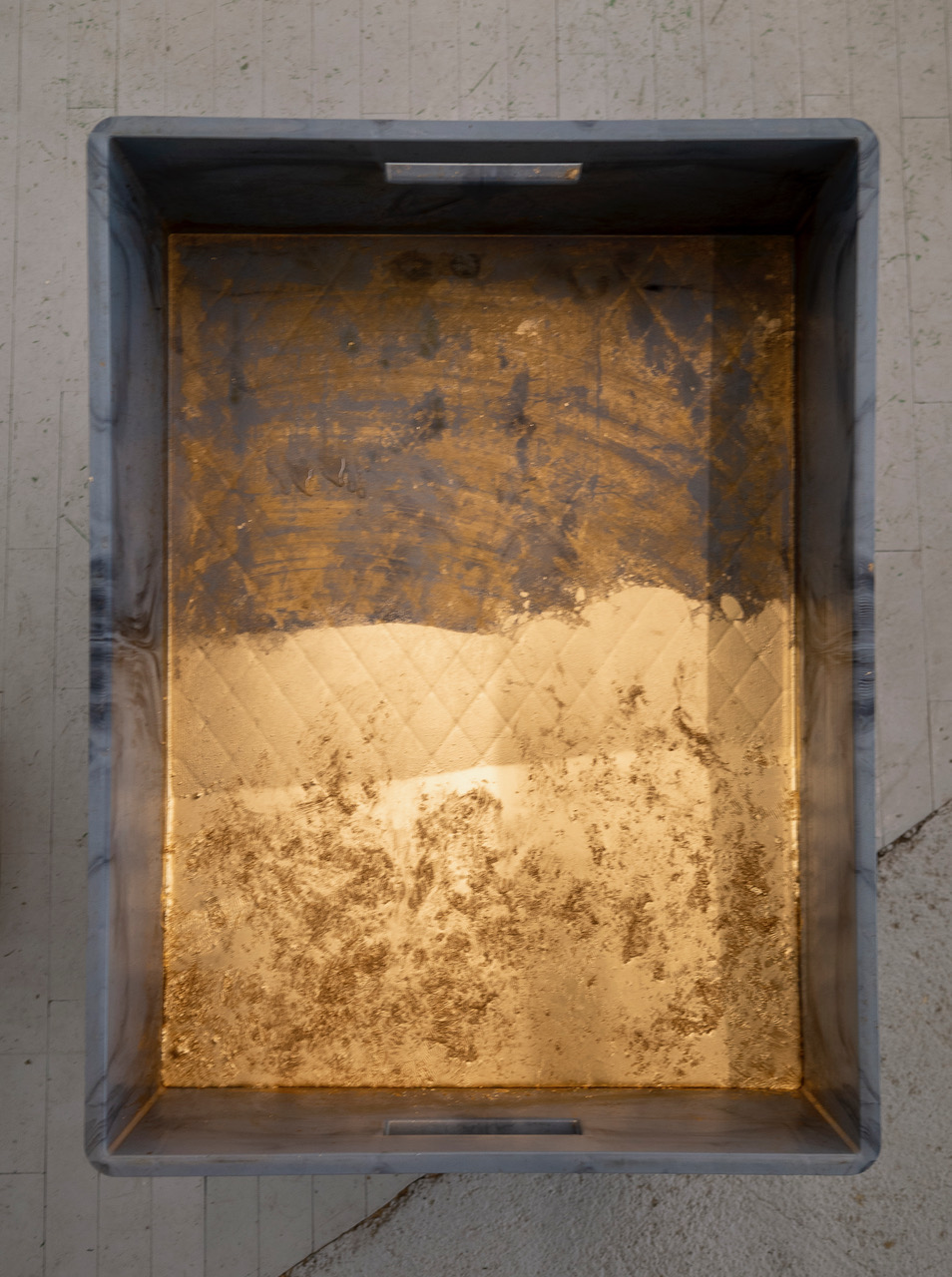
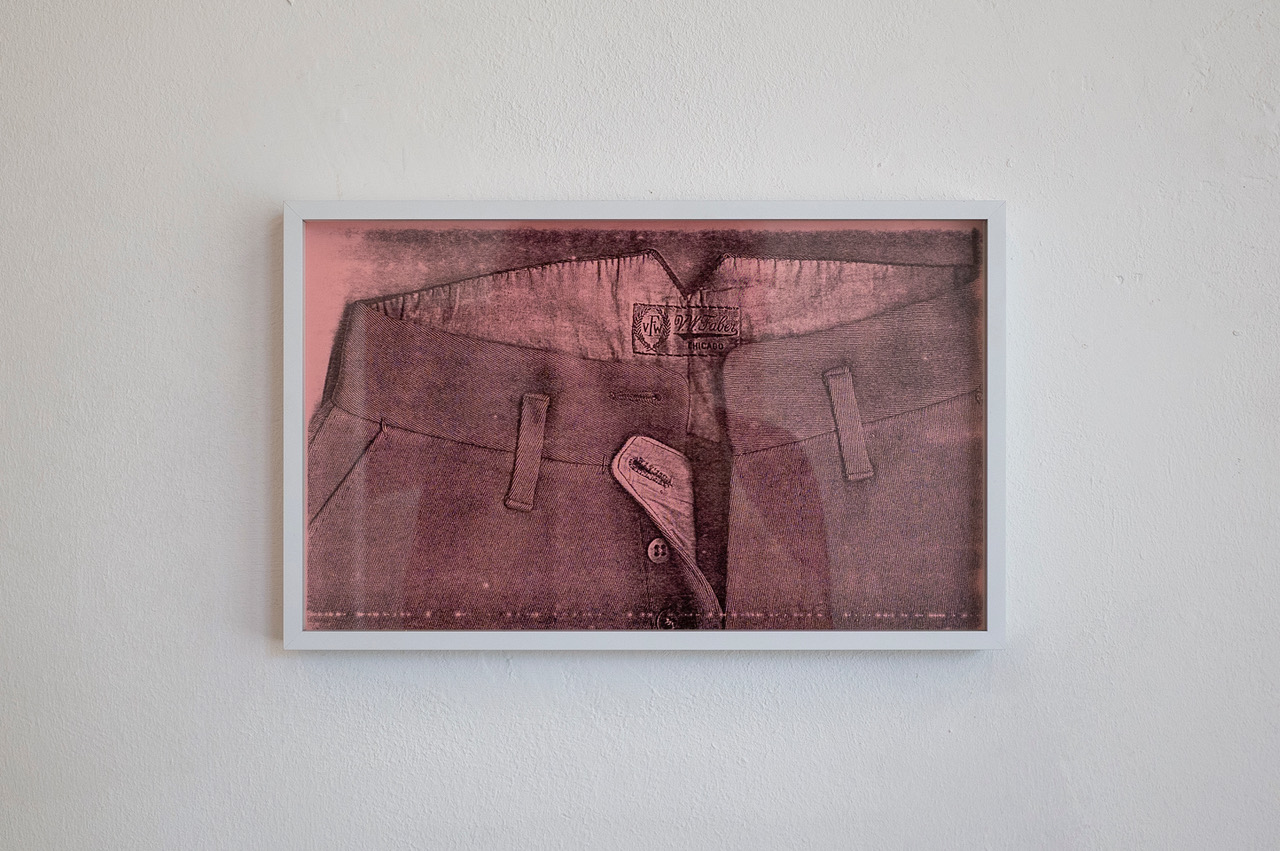
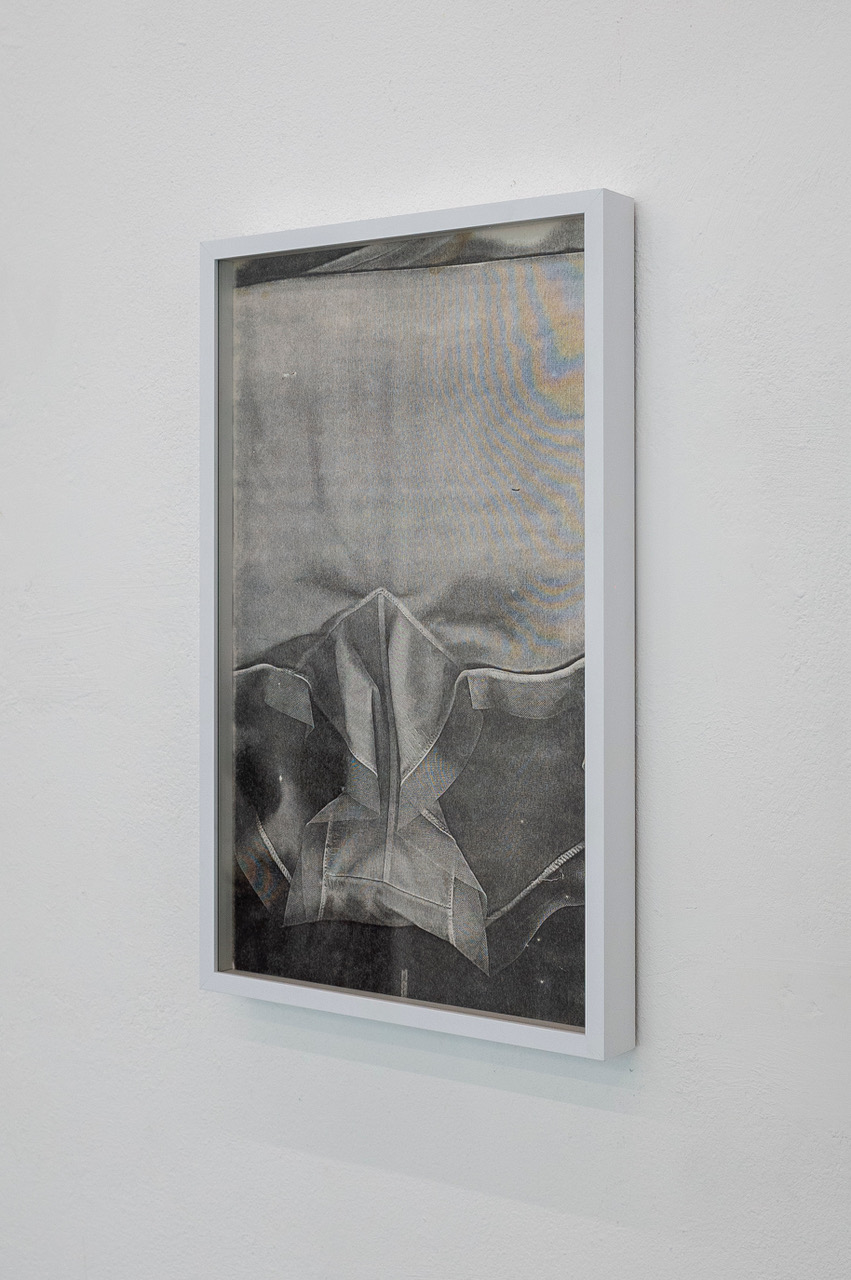
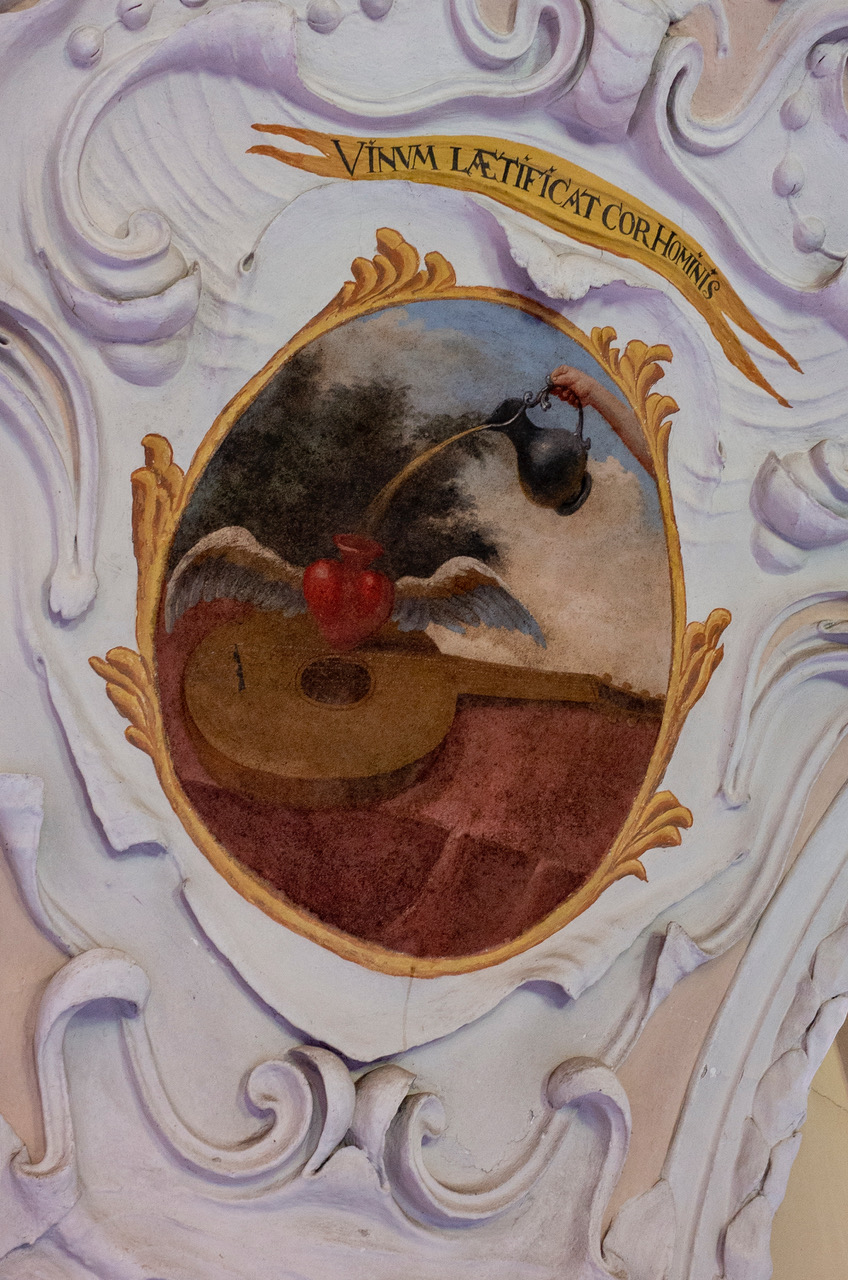




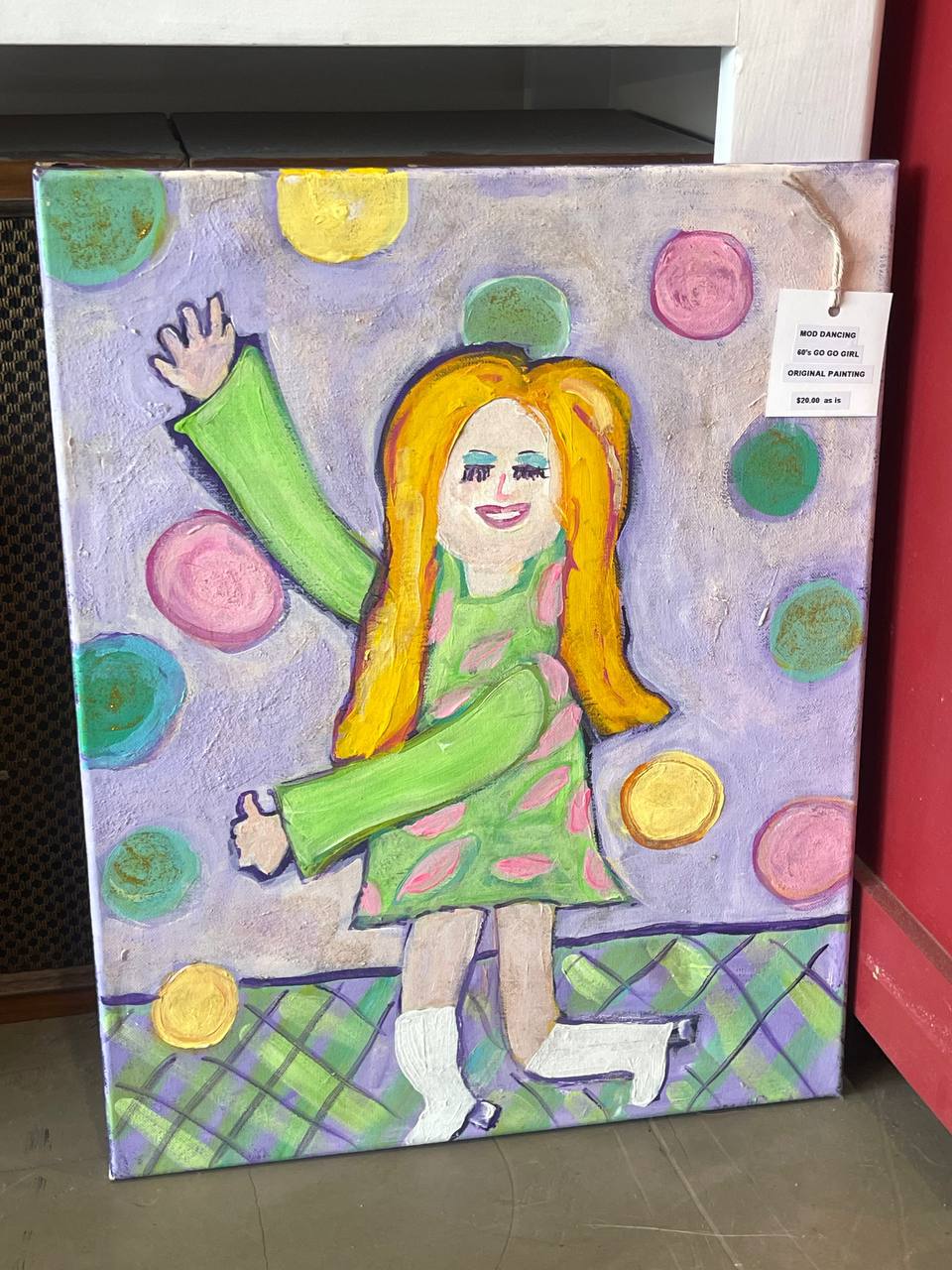
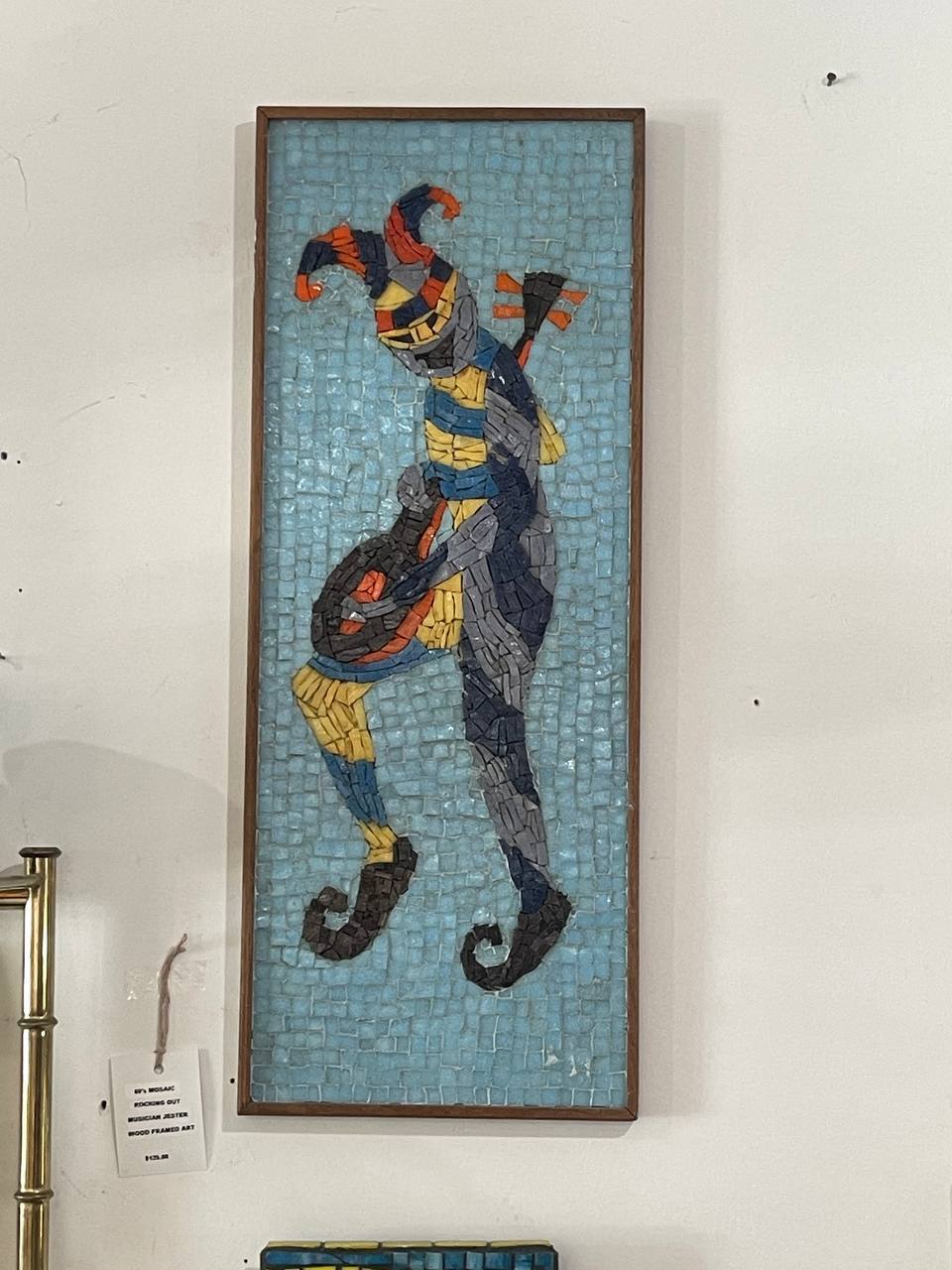
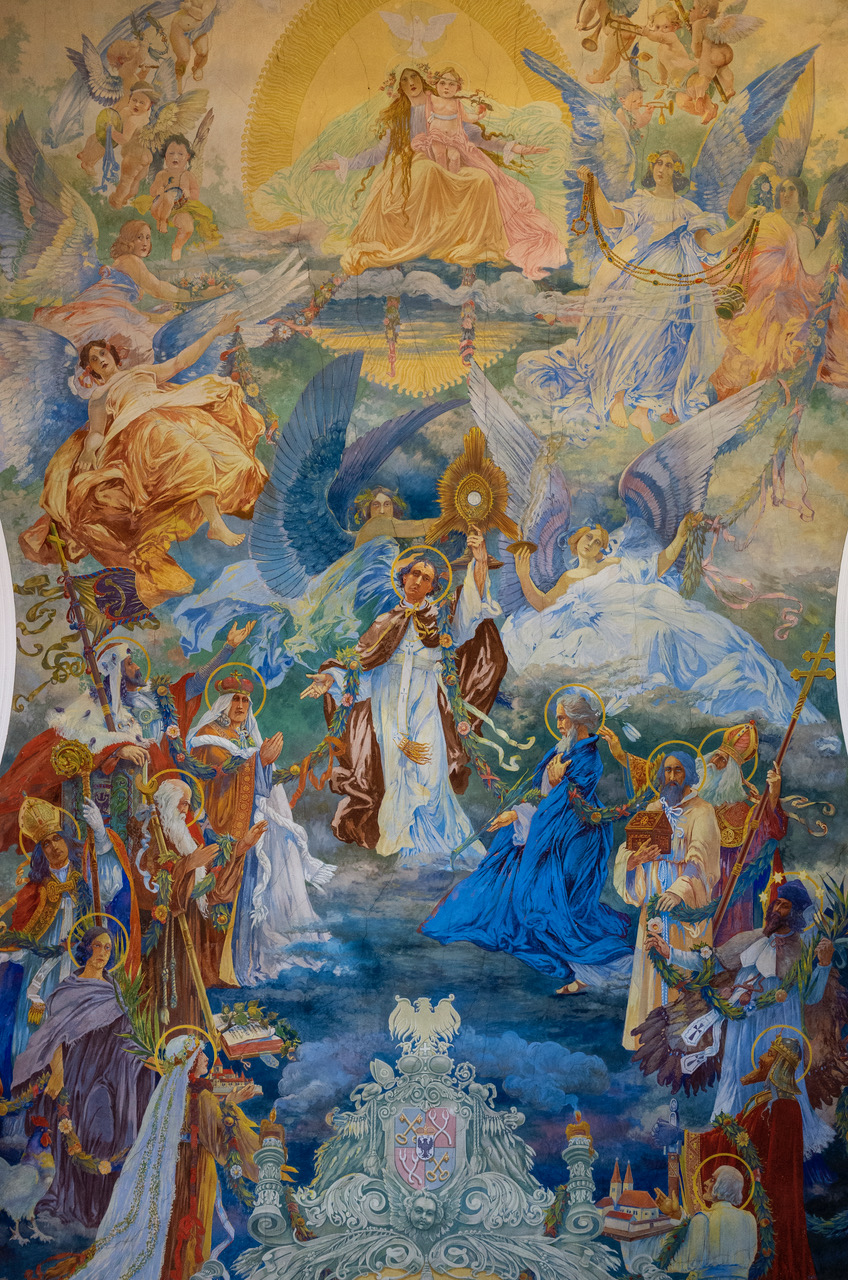


The Situation:
You are in Florida – Miami to be specific. There is chaos all around you caused by a hurricane with severe flooding. This is a flood of biblical proportions. You are a photojournalist working for a major newspaper, and you’re caught in the middle of this epic disaster. The situation is nearly hopeless. You’re trying to shoot career-making photos. There are houses and people swirling around you, some disappearing under the water. Nature is unleashing all of its destructive fury.
The Test:
Suddenly you see a man in the water. He is fighting for his life, trying not to be taken down with the debris. You move closer. Somehow the man looks familiar. You suddenly realize who it is. It’s George W. Bush! At the same time you notice that the raging waters are about to take him under forever. You have two options – you can save the life of George W. Bush, or you can shoot a dramatic Pulitzer Prize-winning photo, documenting the death of one of the world’s most powerful politicians.
The Question:
Here’s the question, and please give an honest answer:
Would you select high contrast color film, or would you go with the classic simplicity of black and white?

